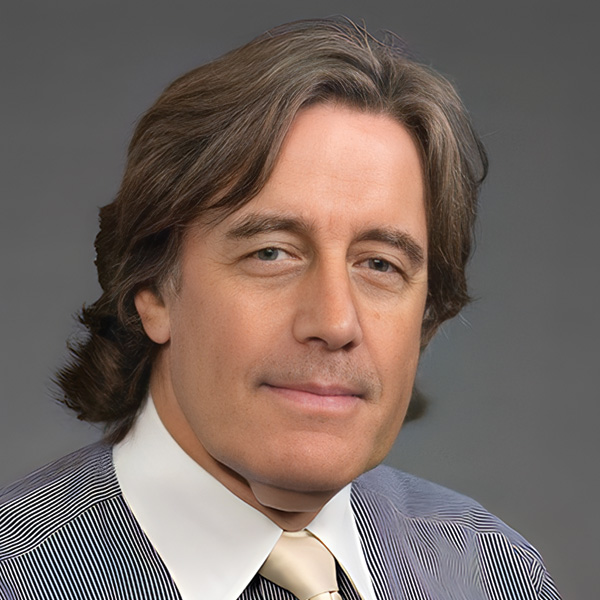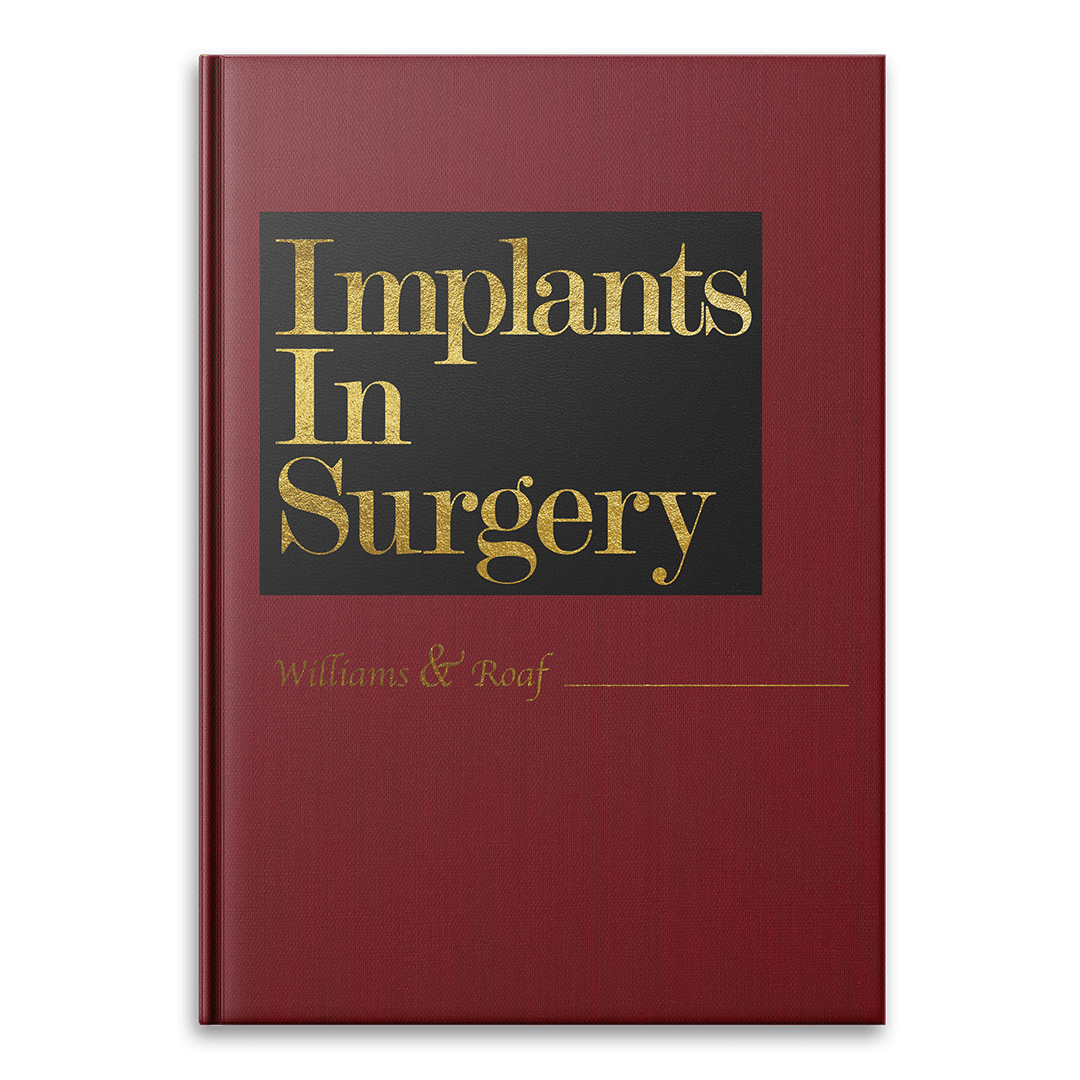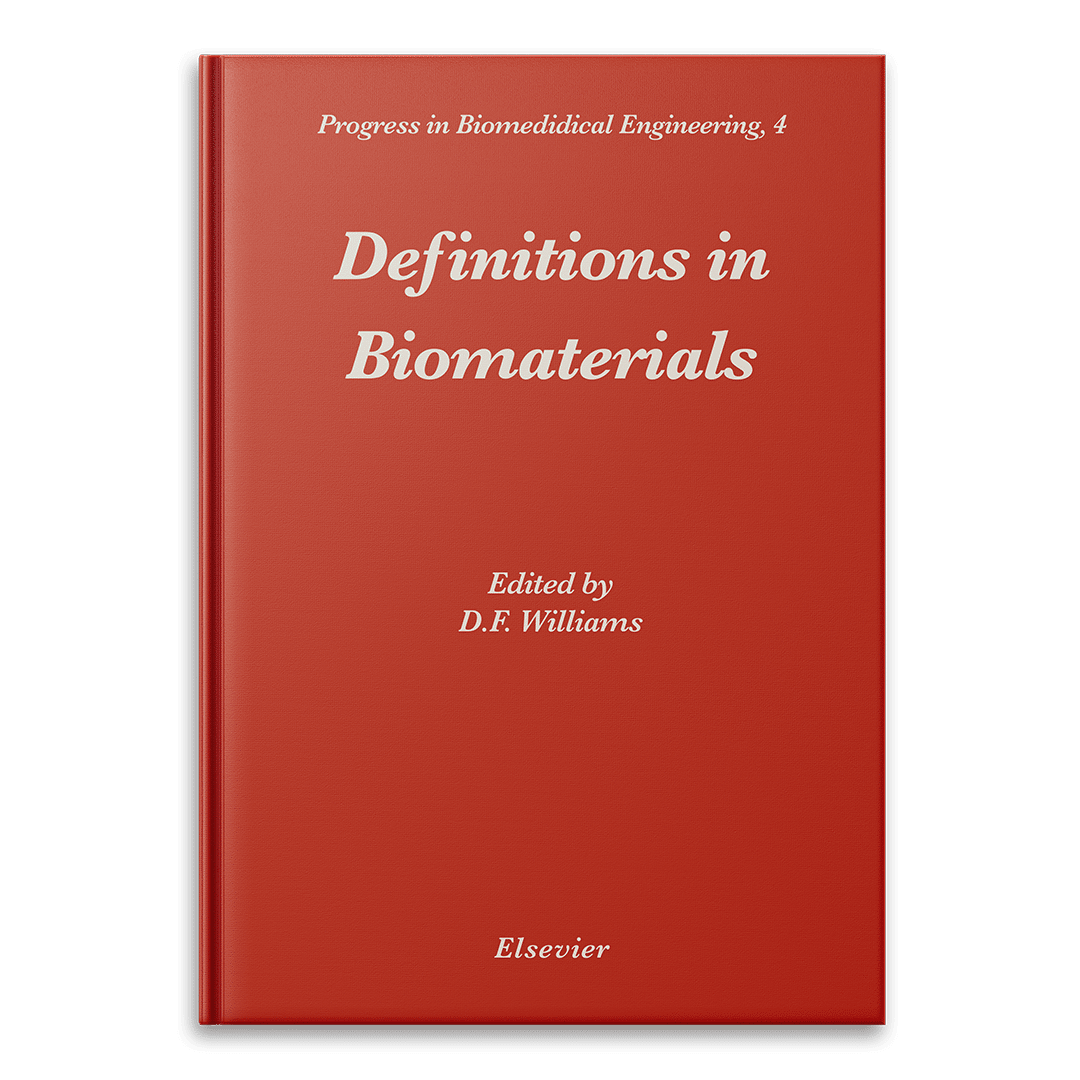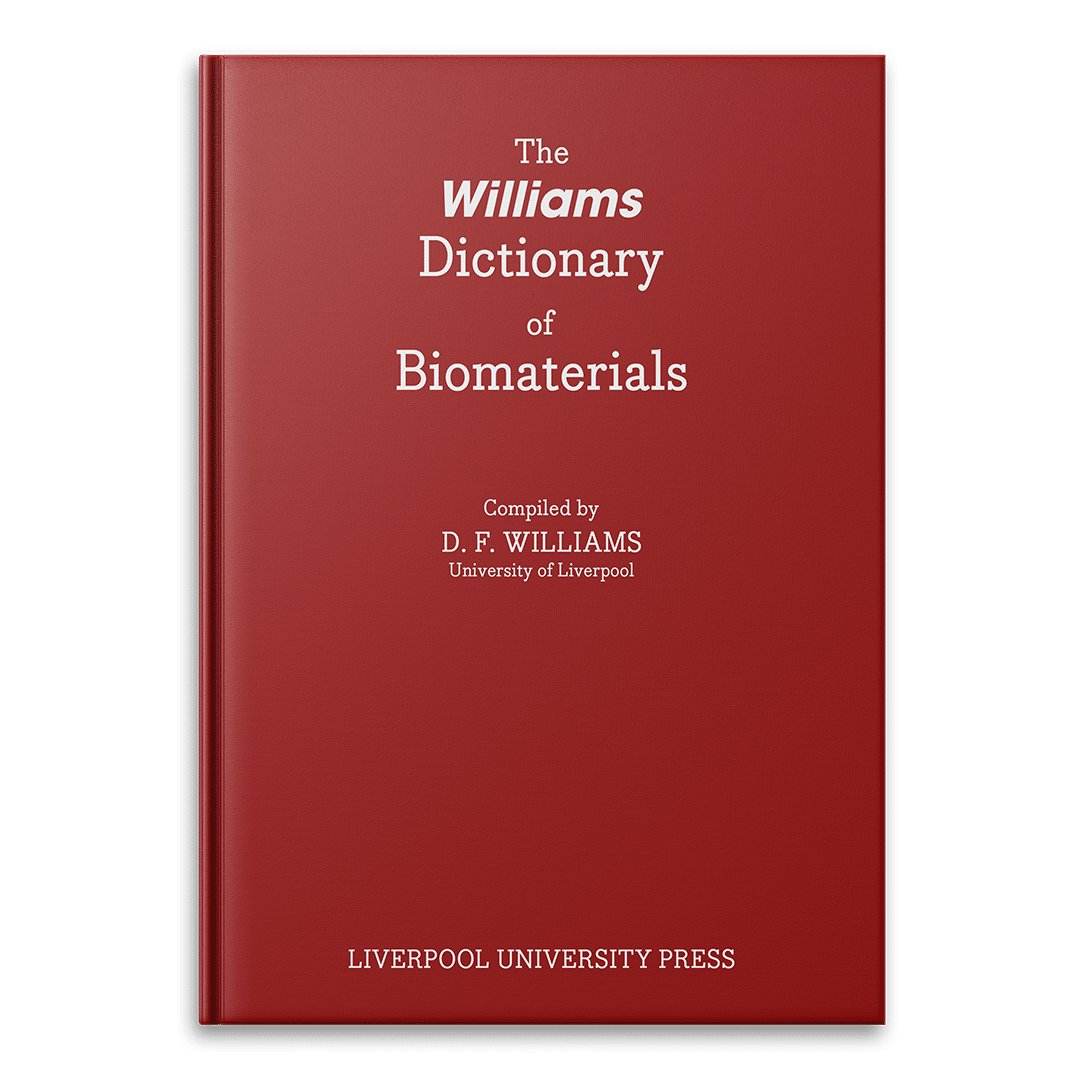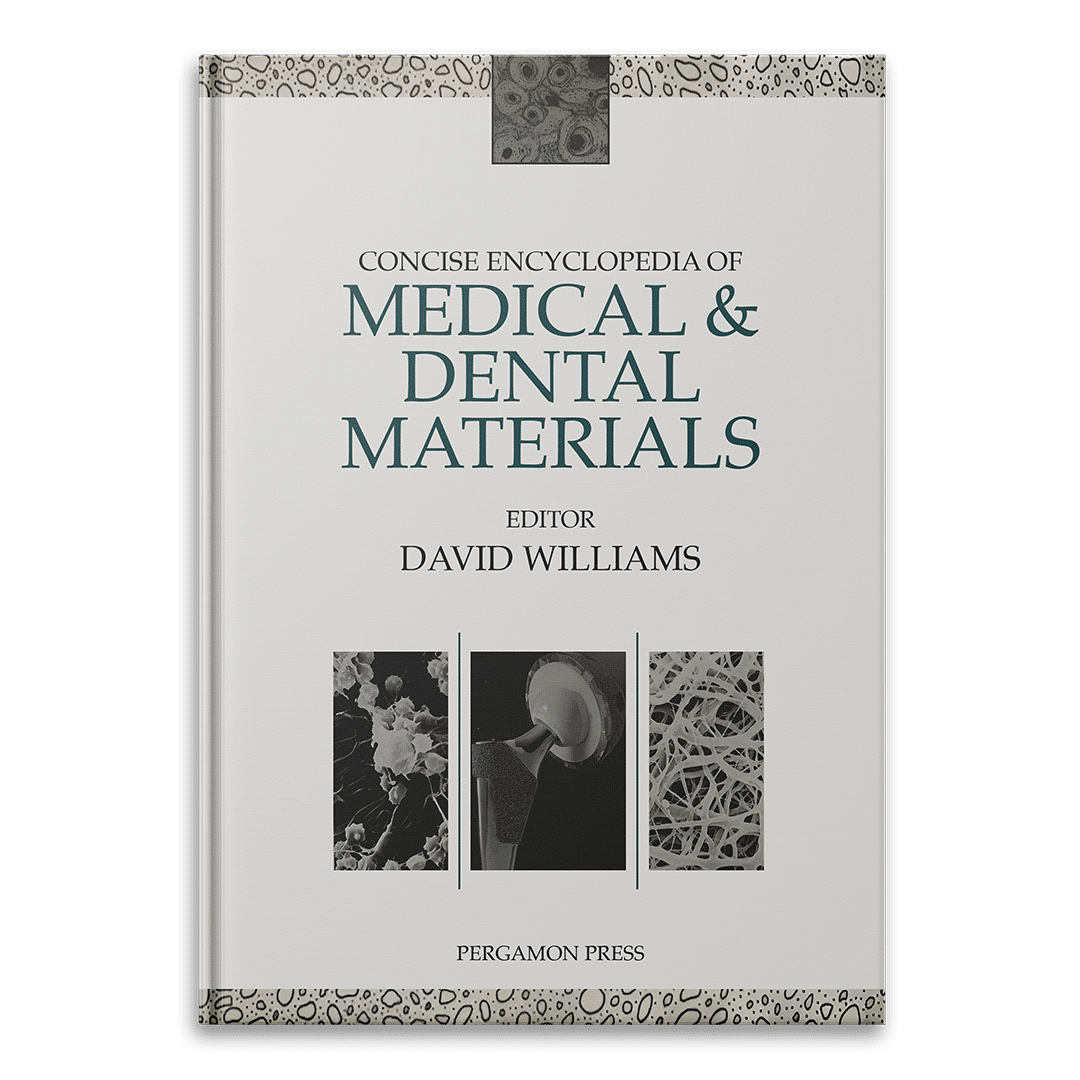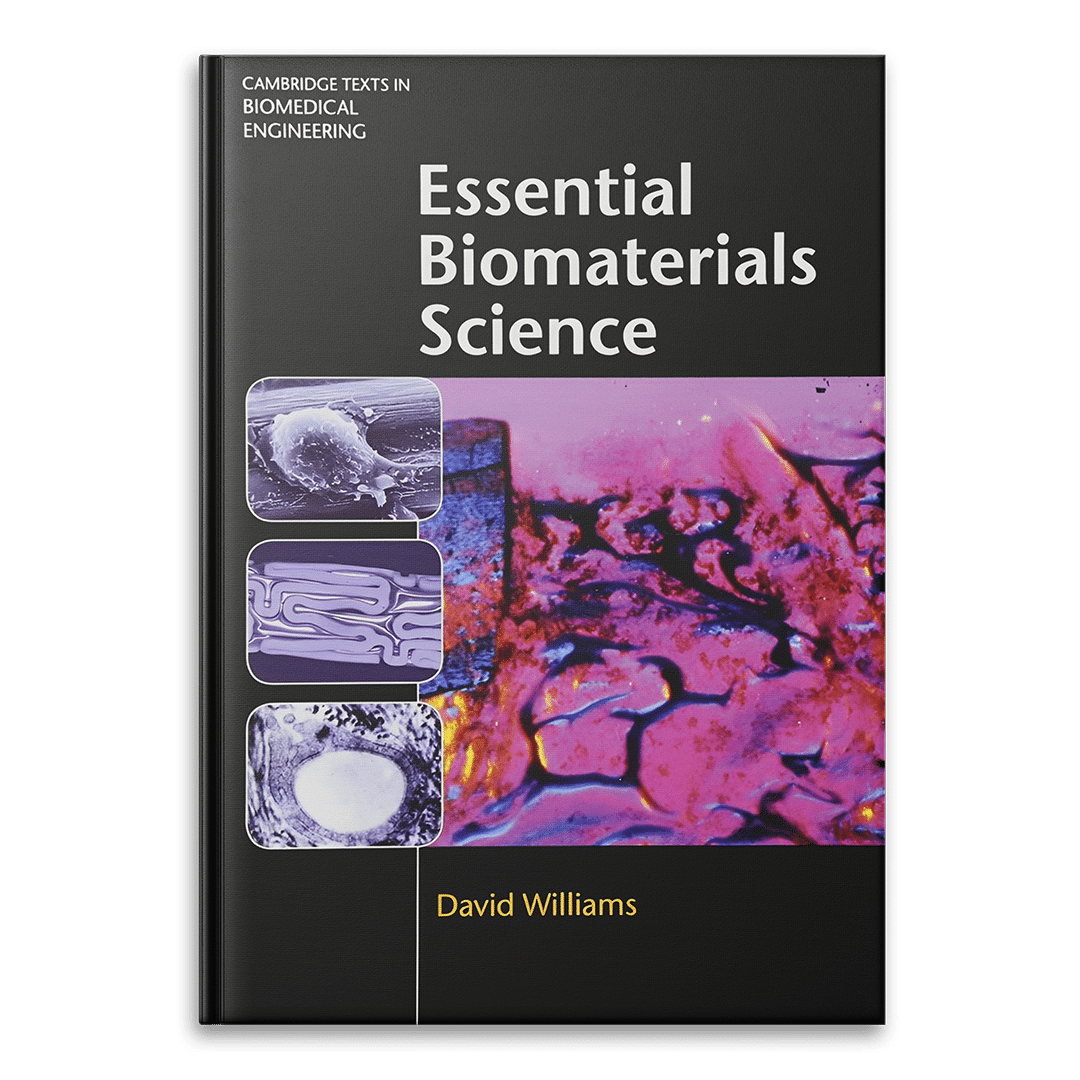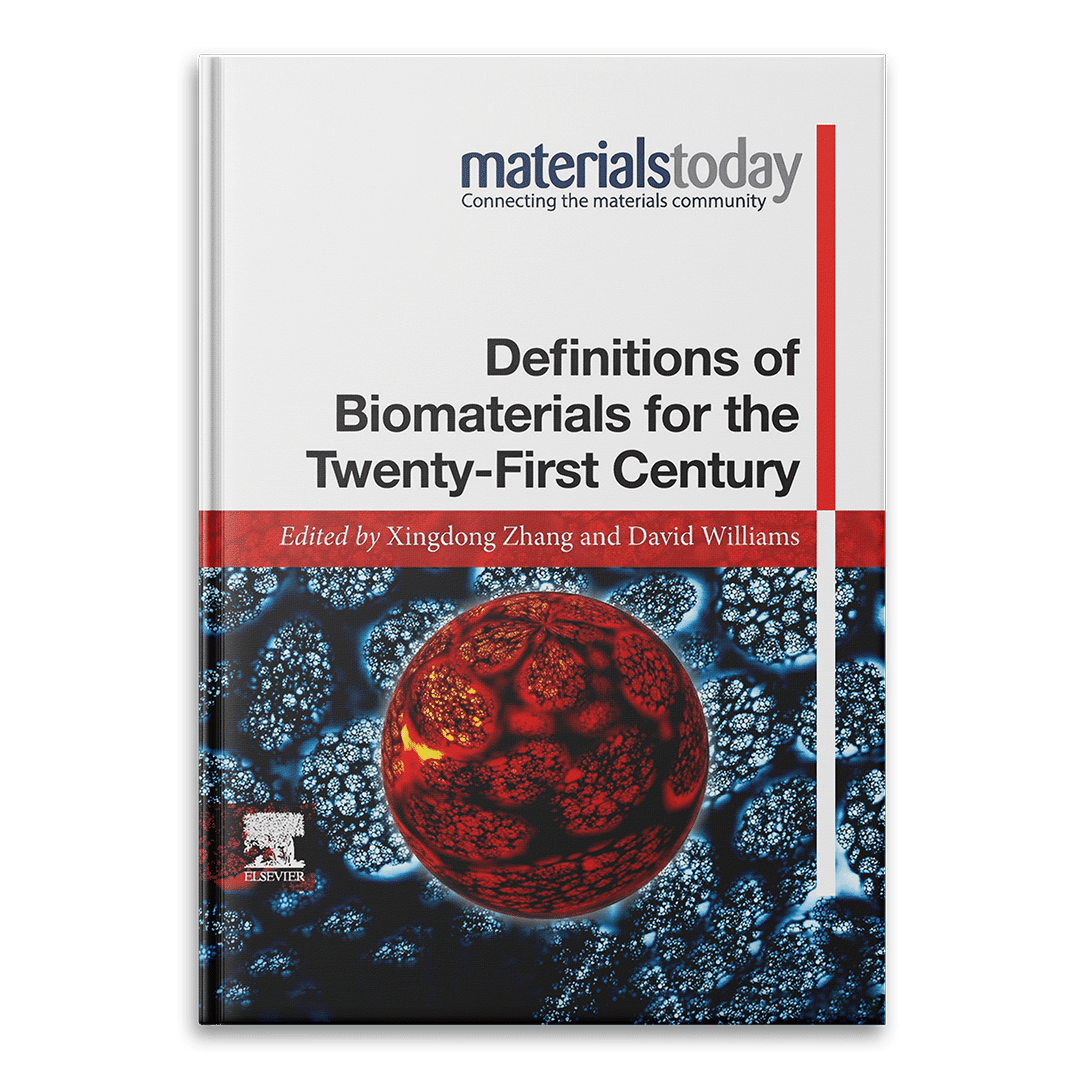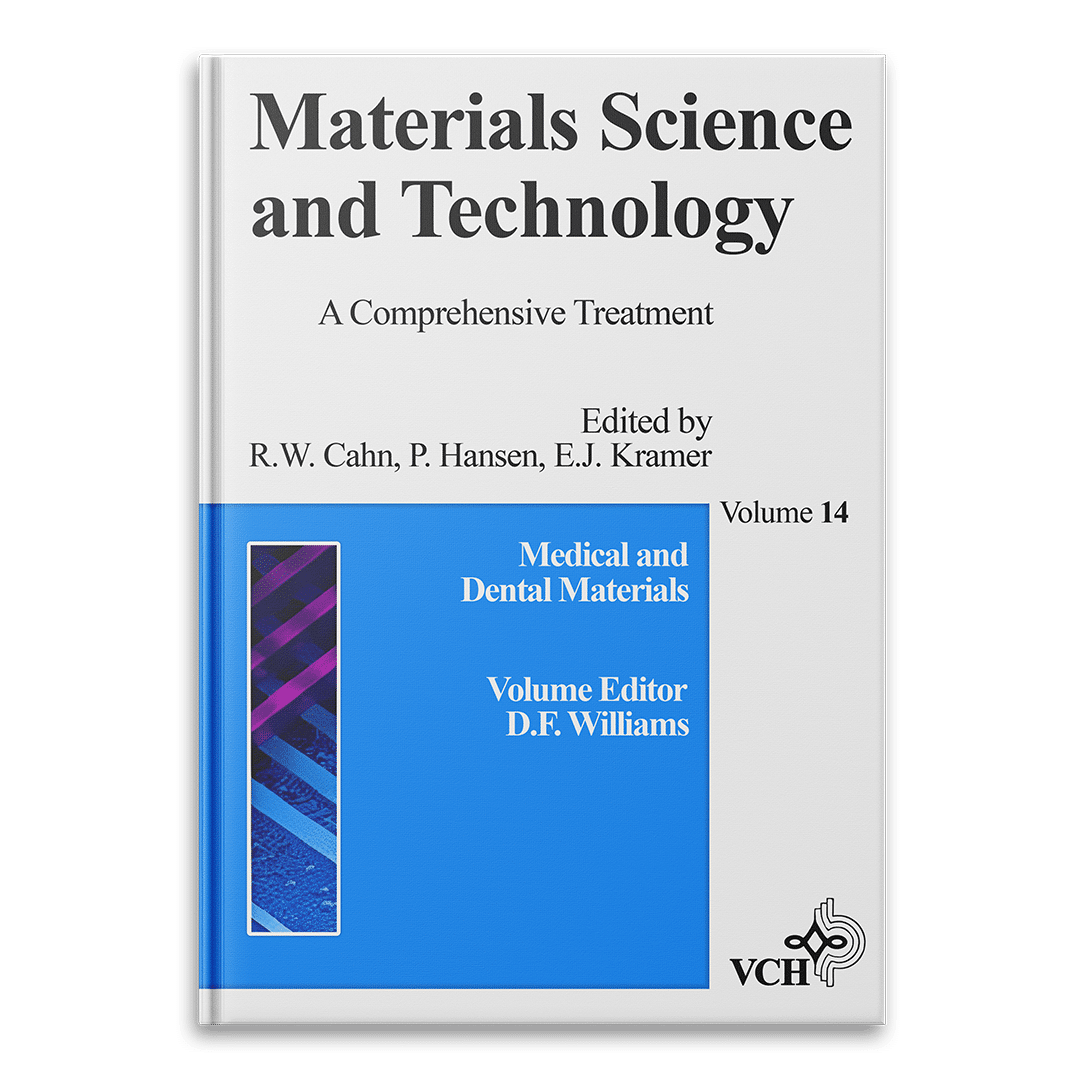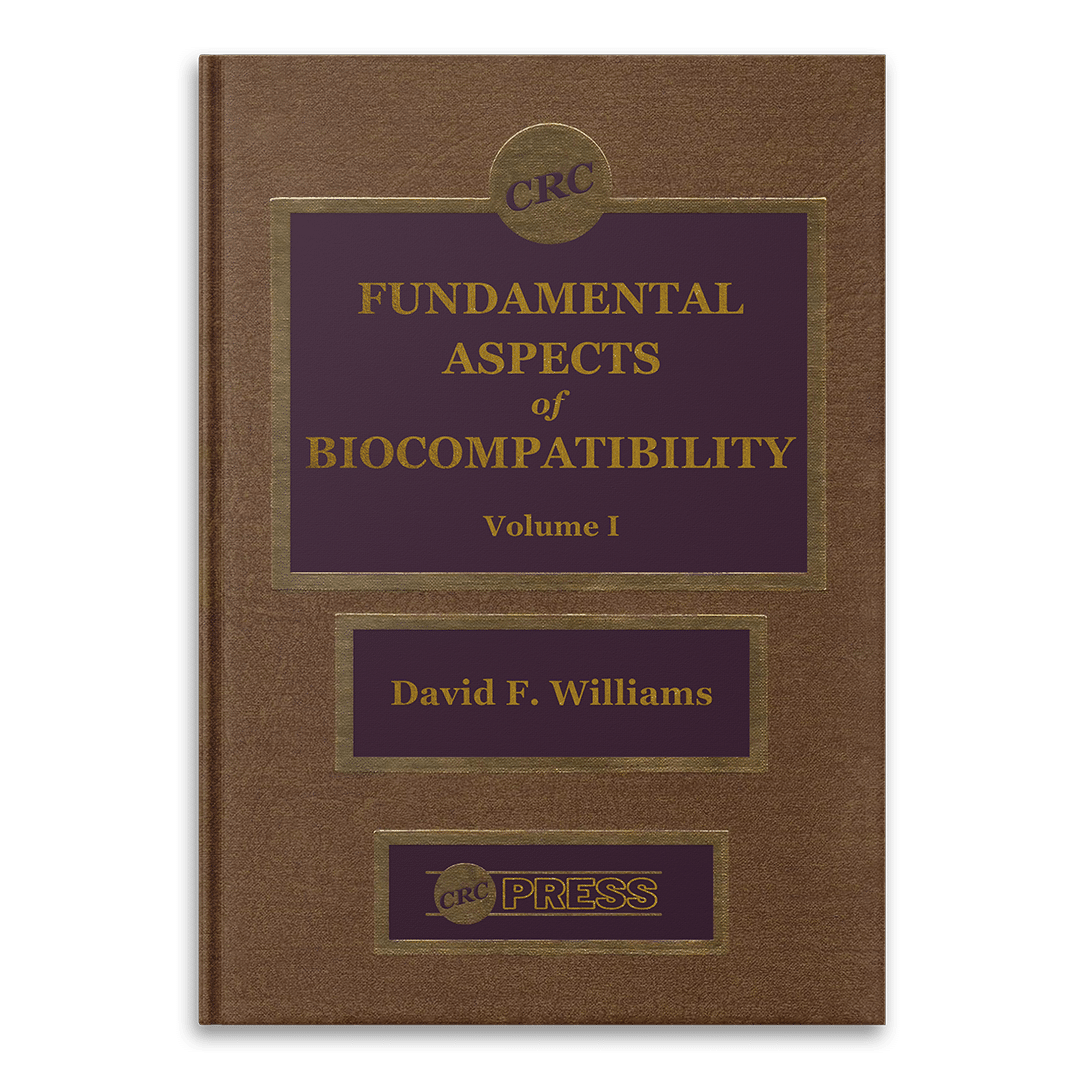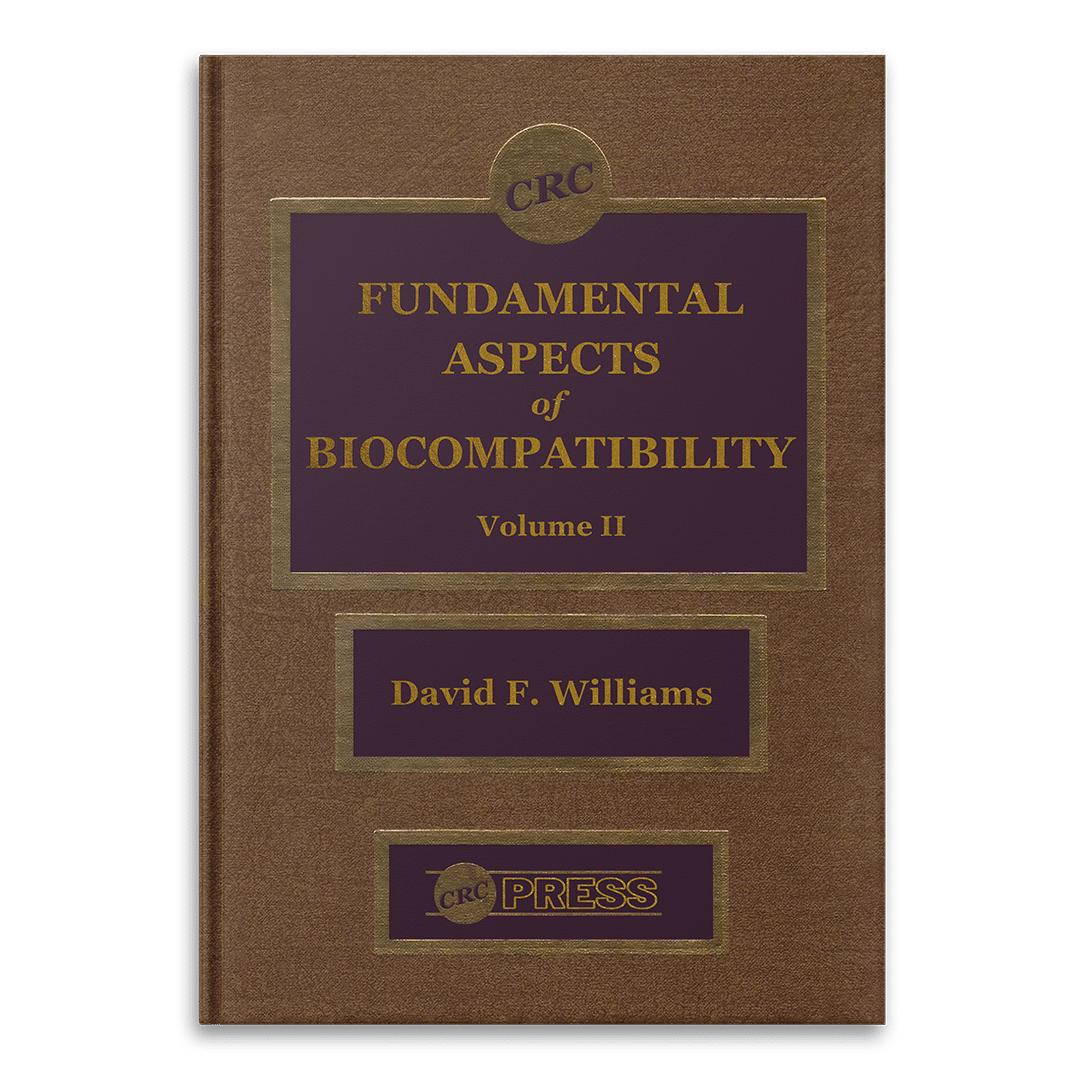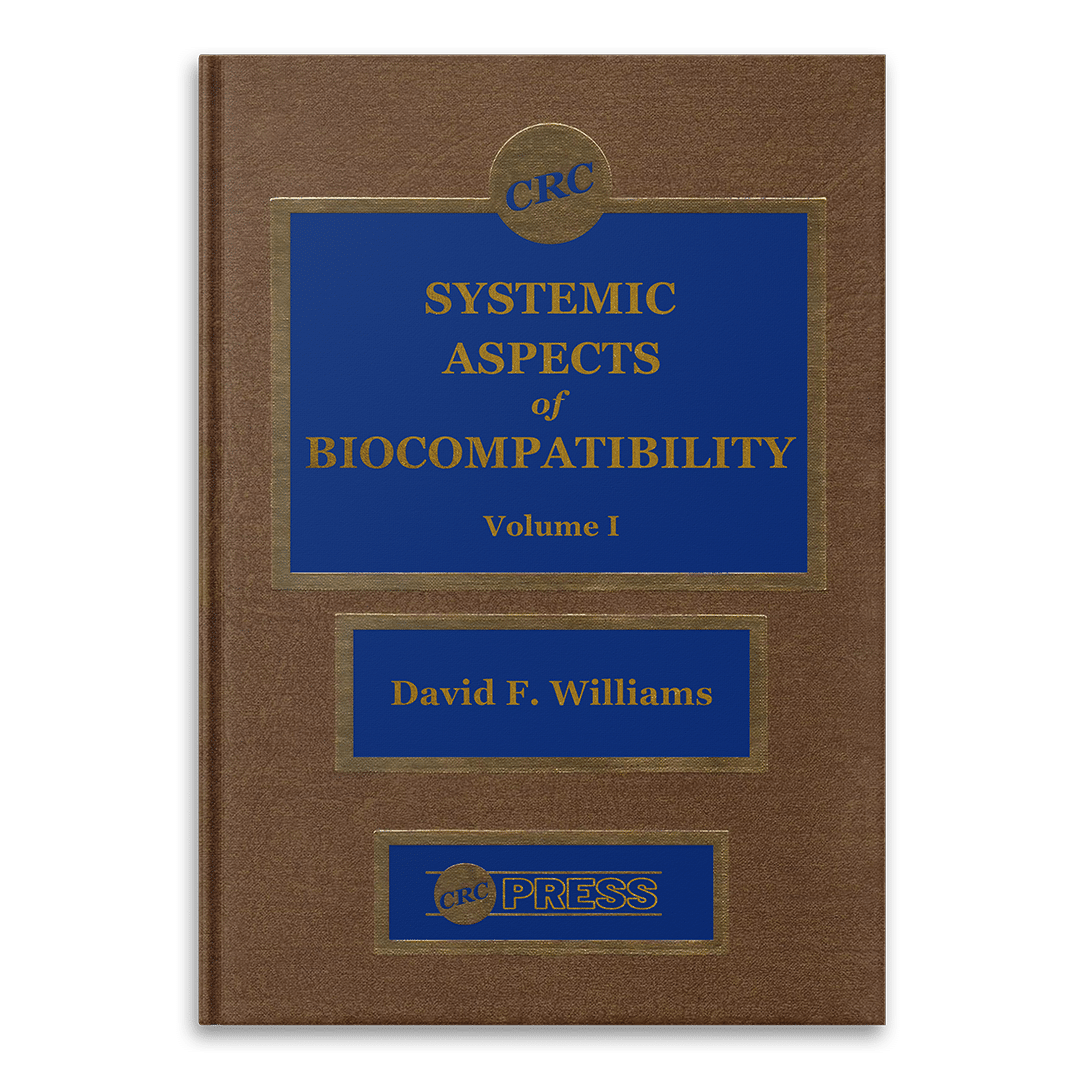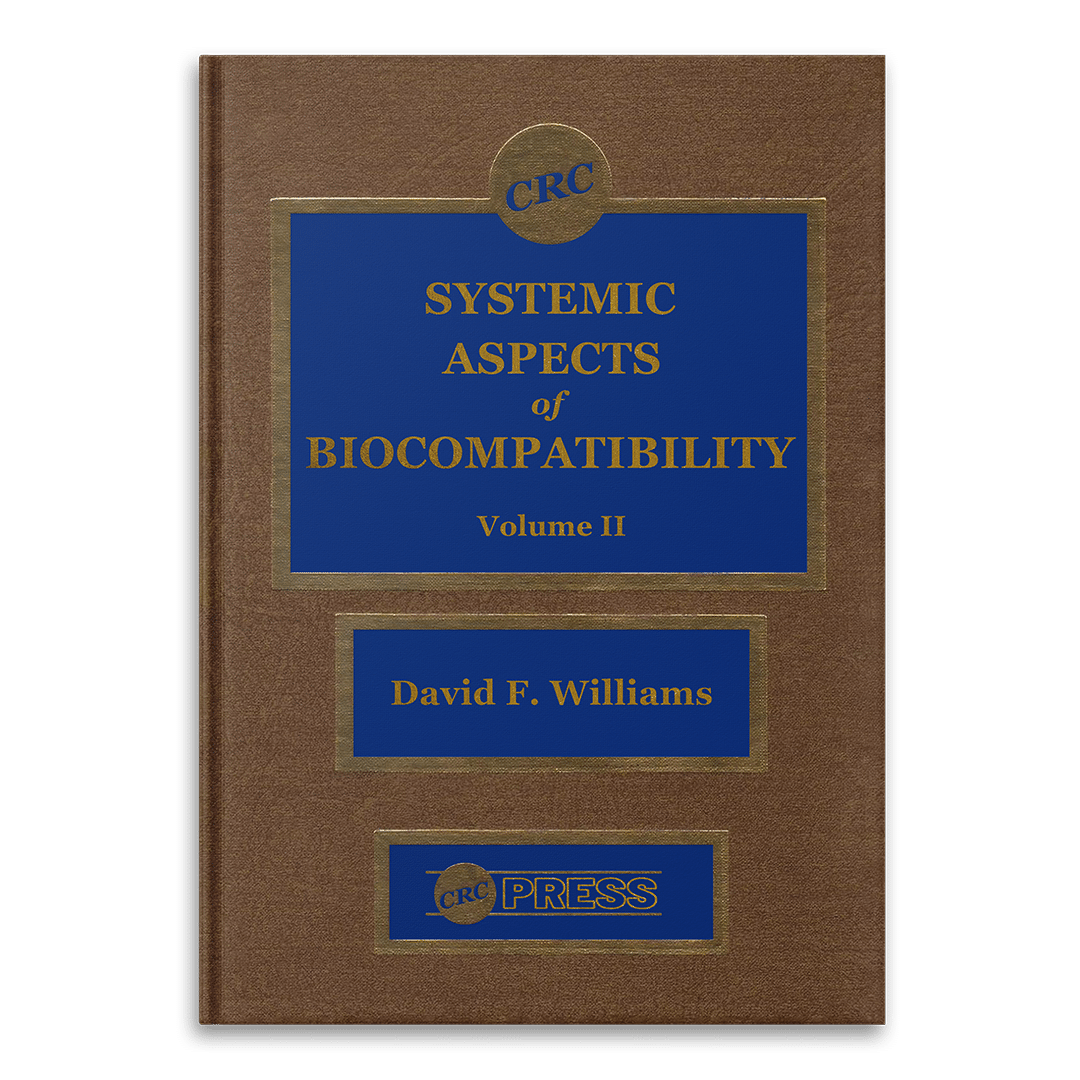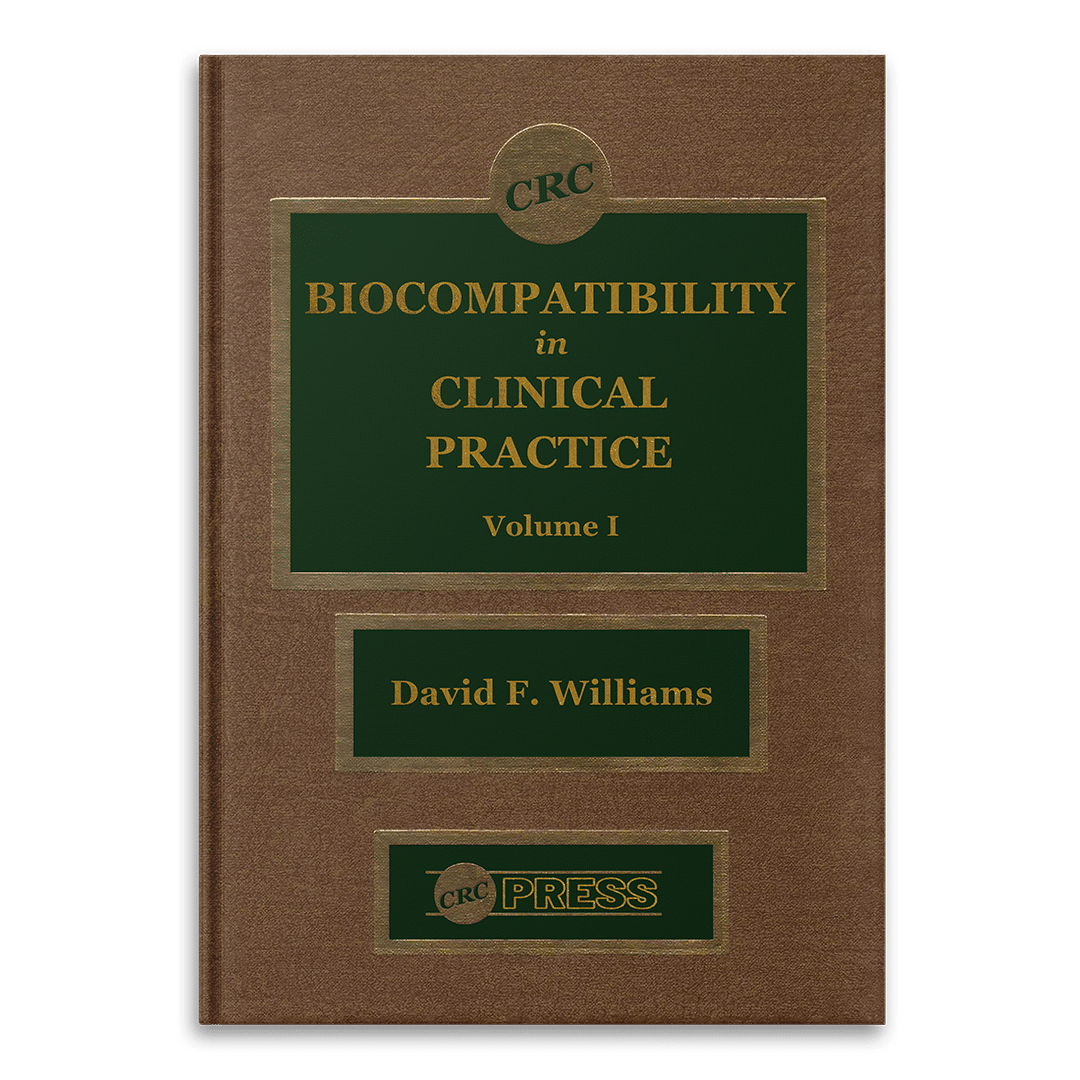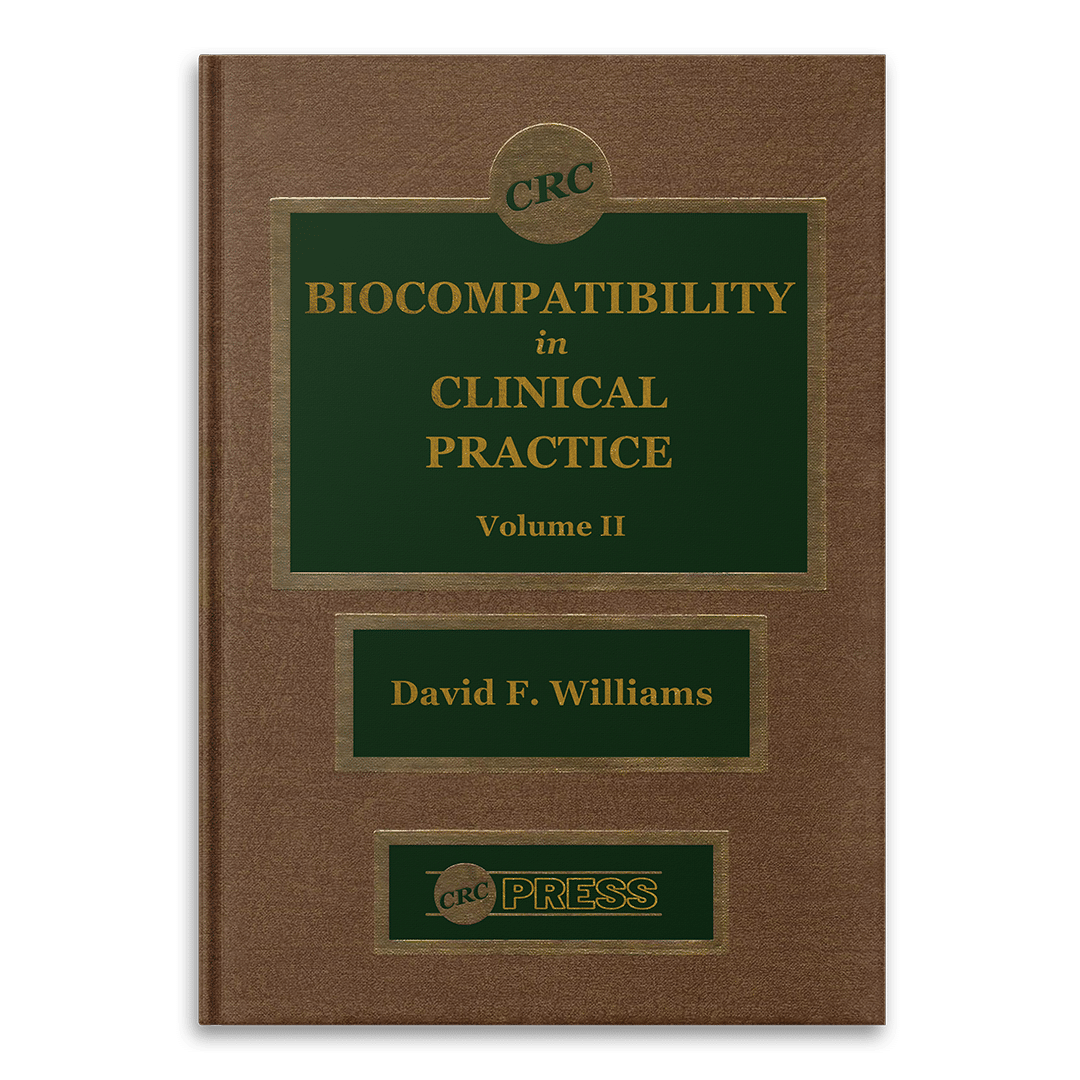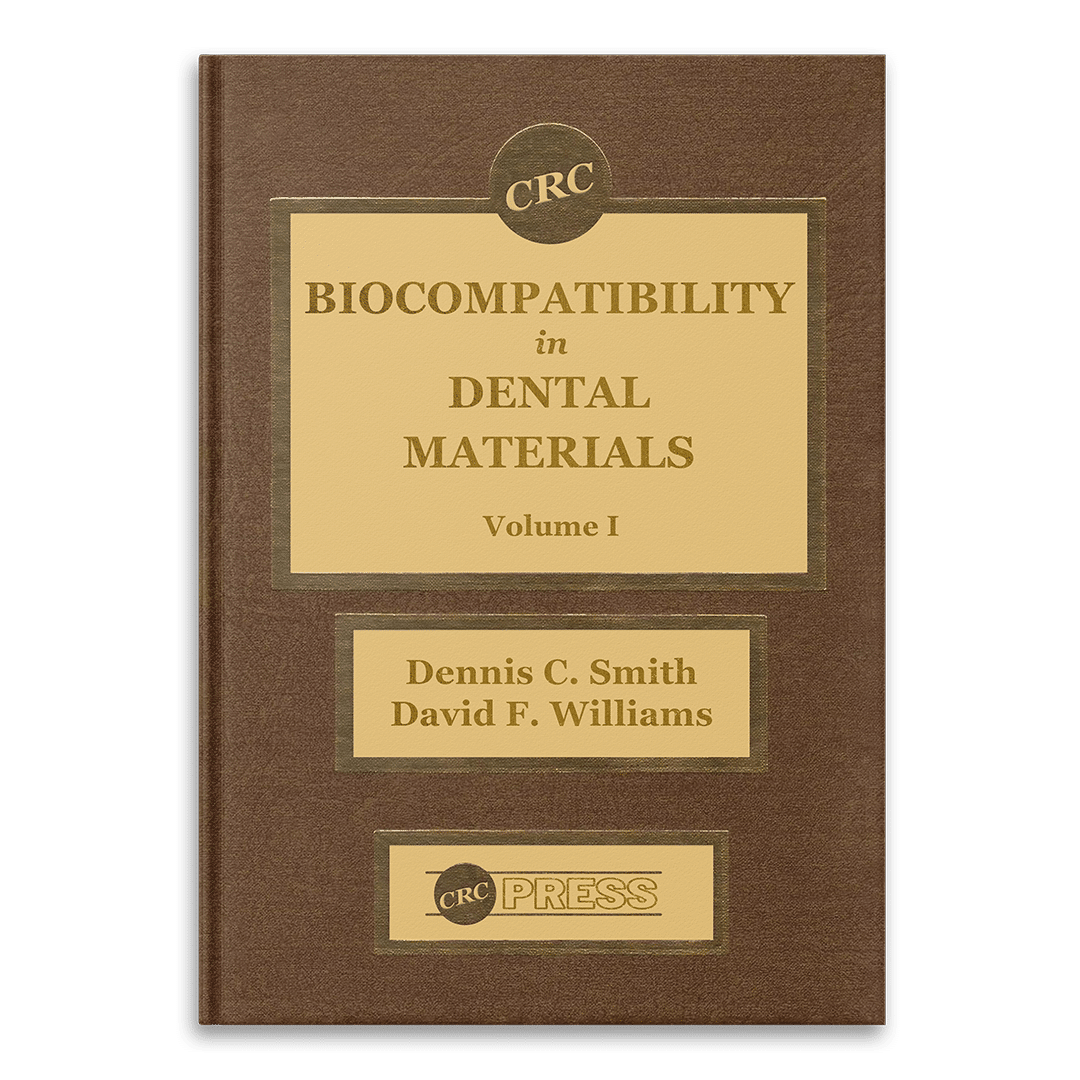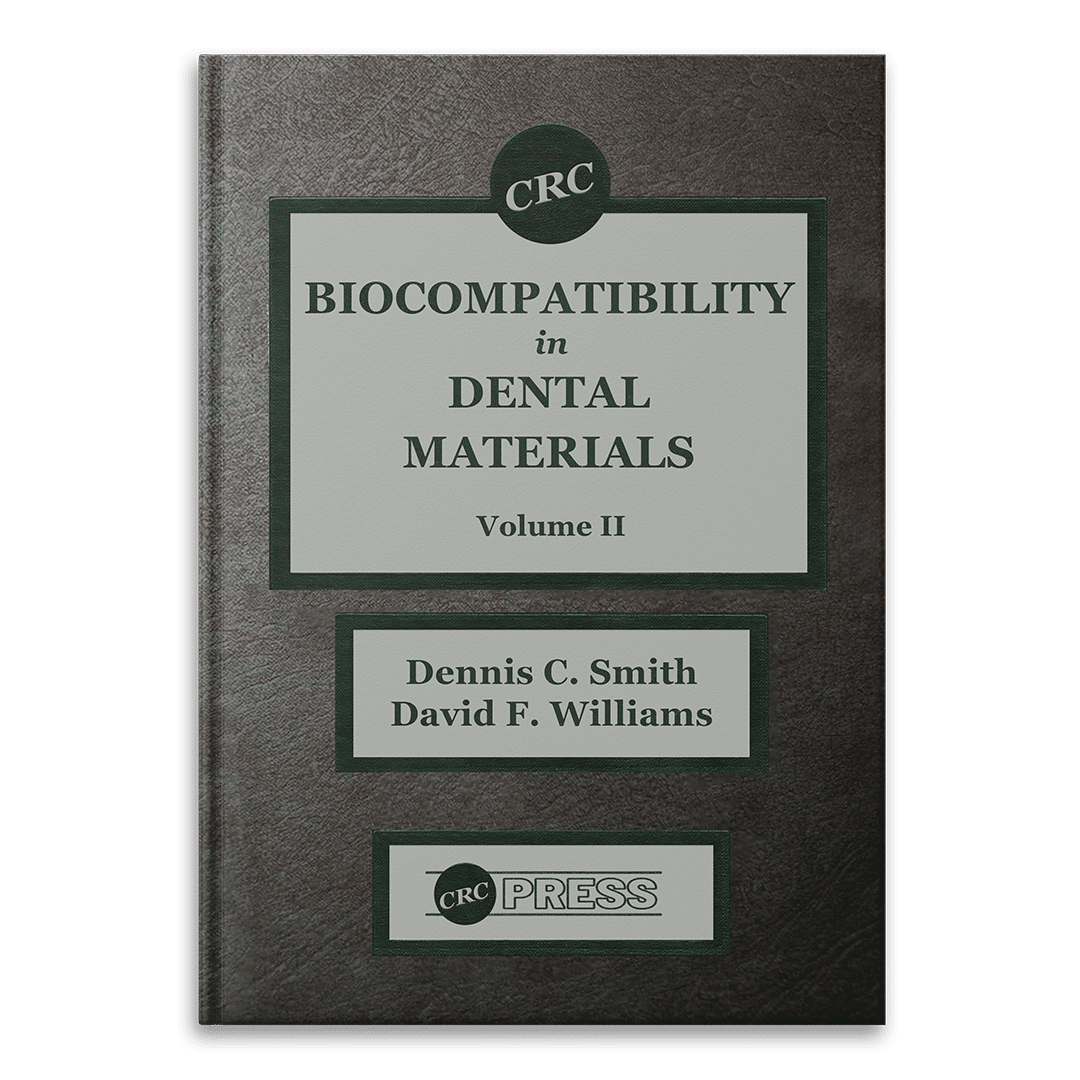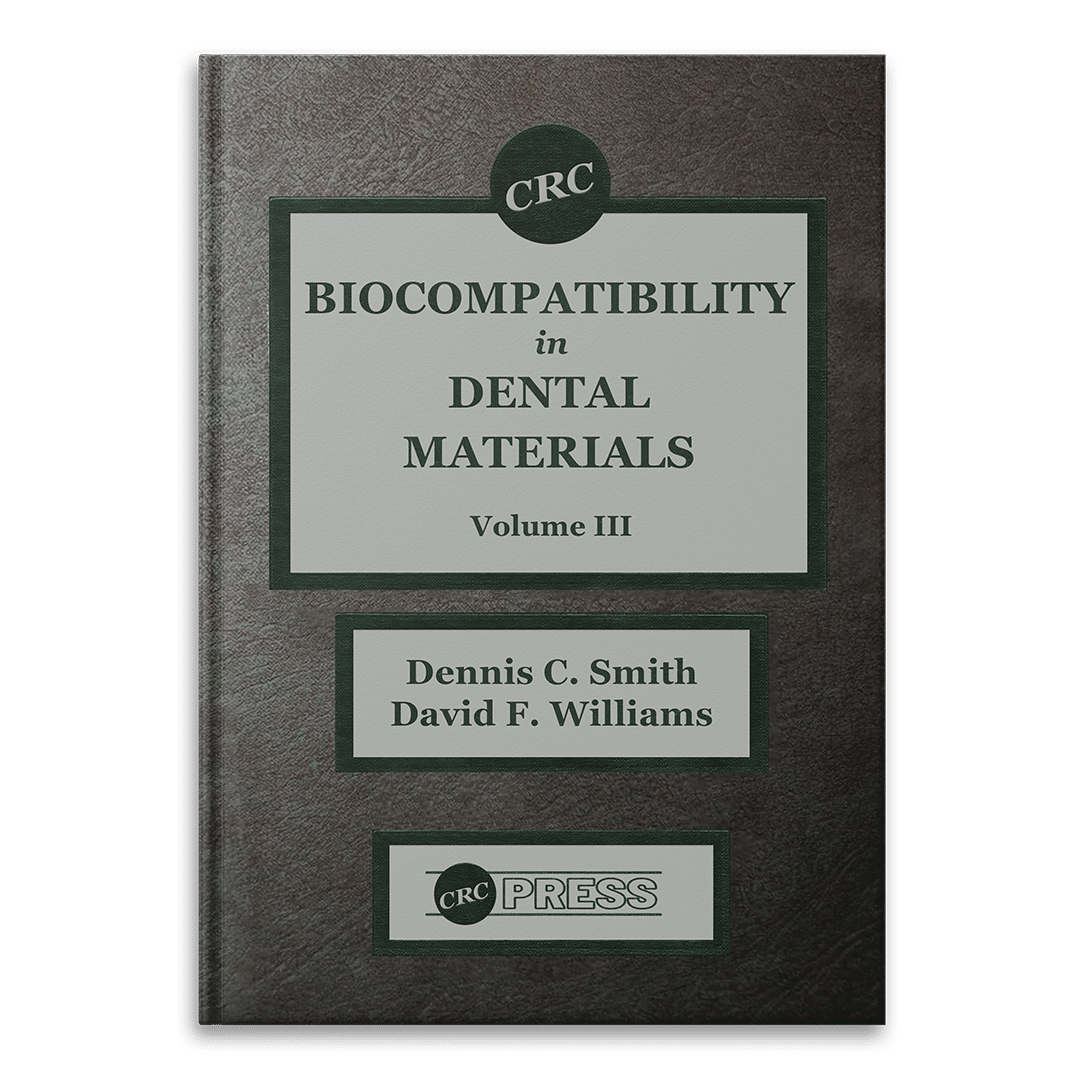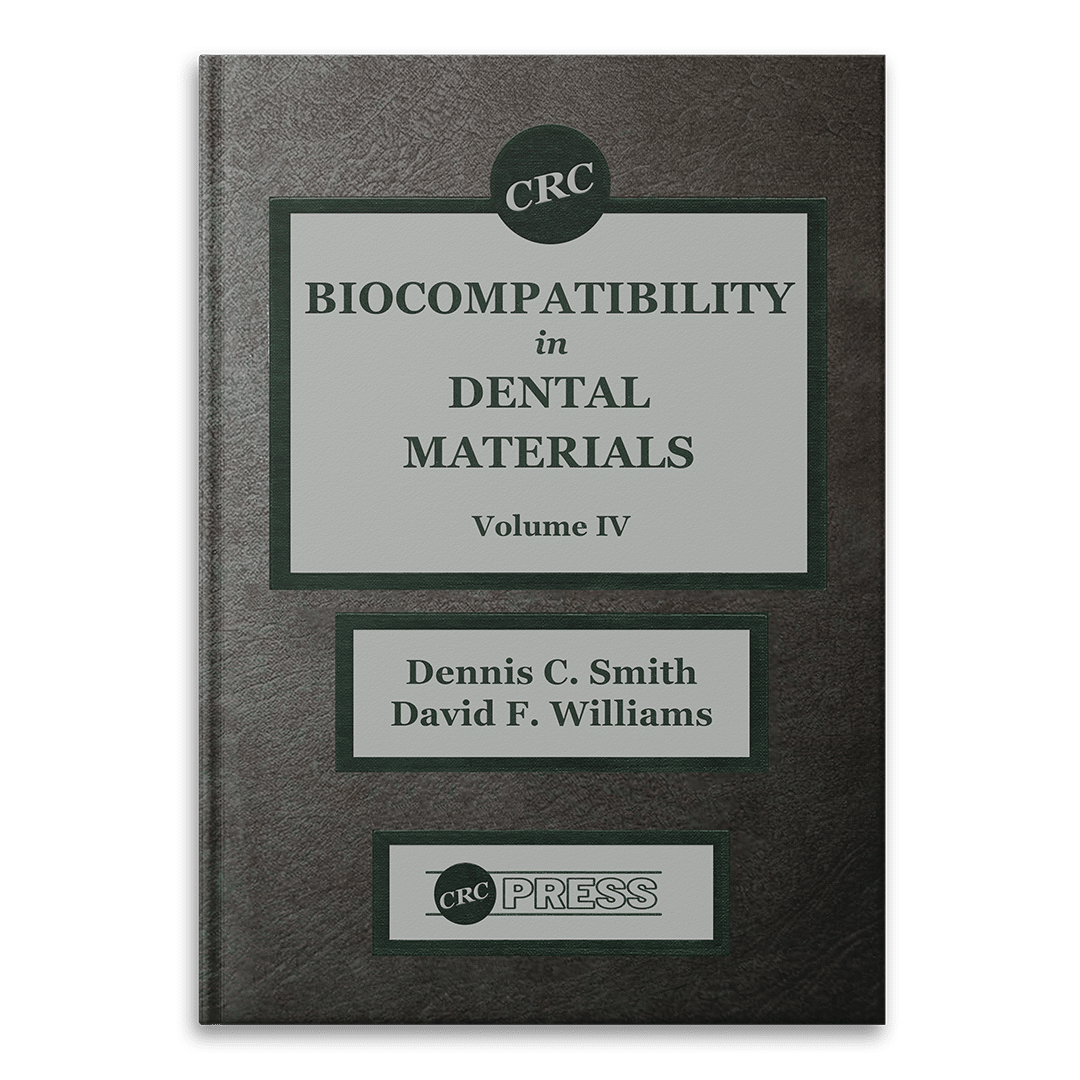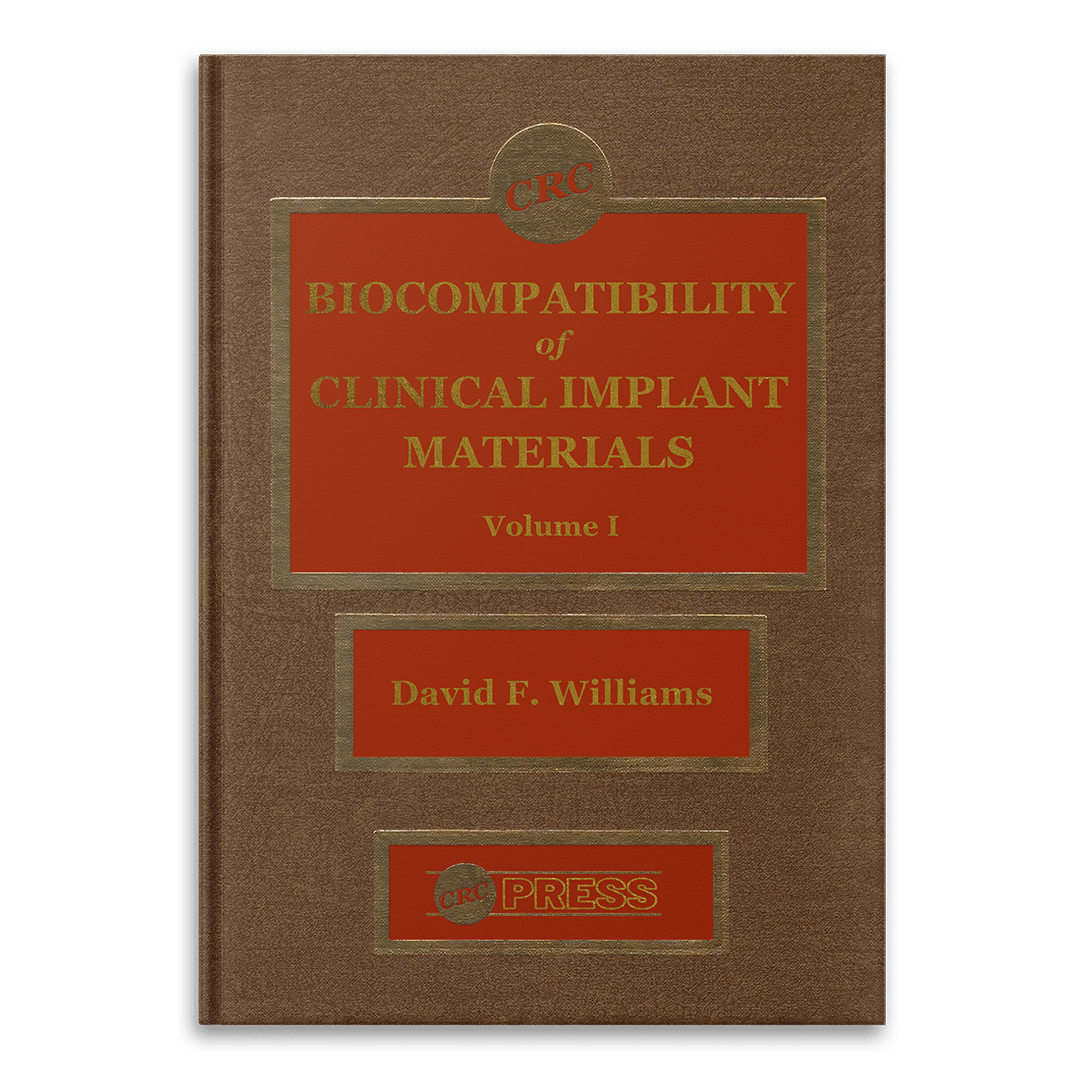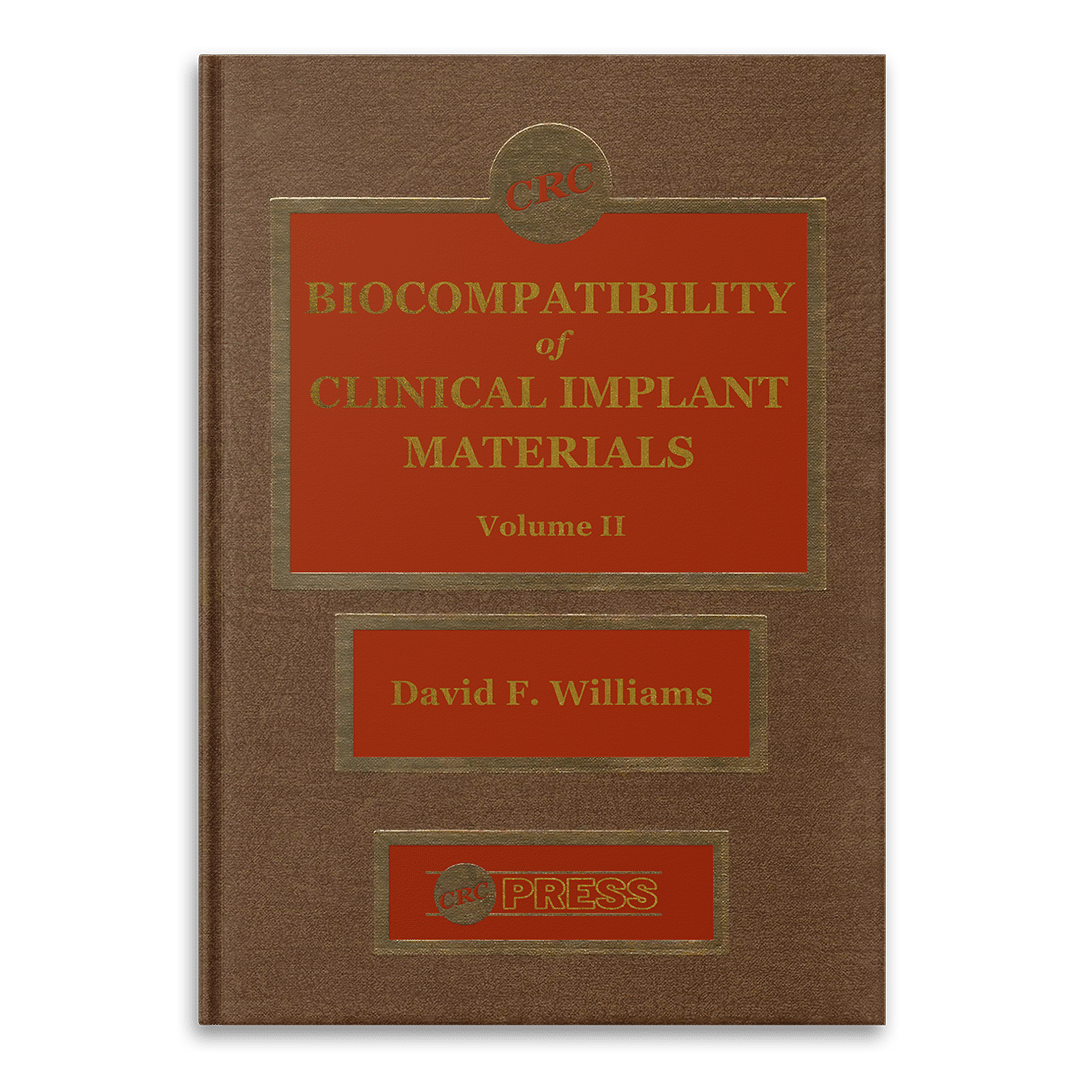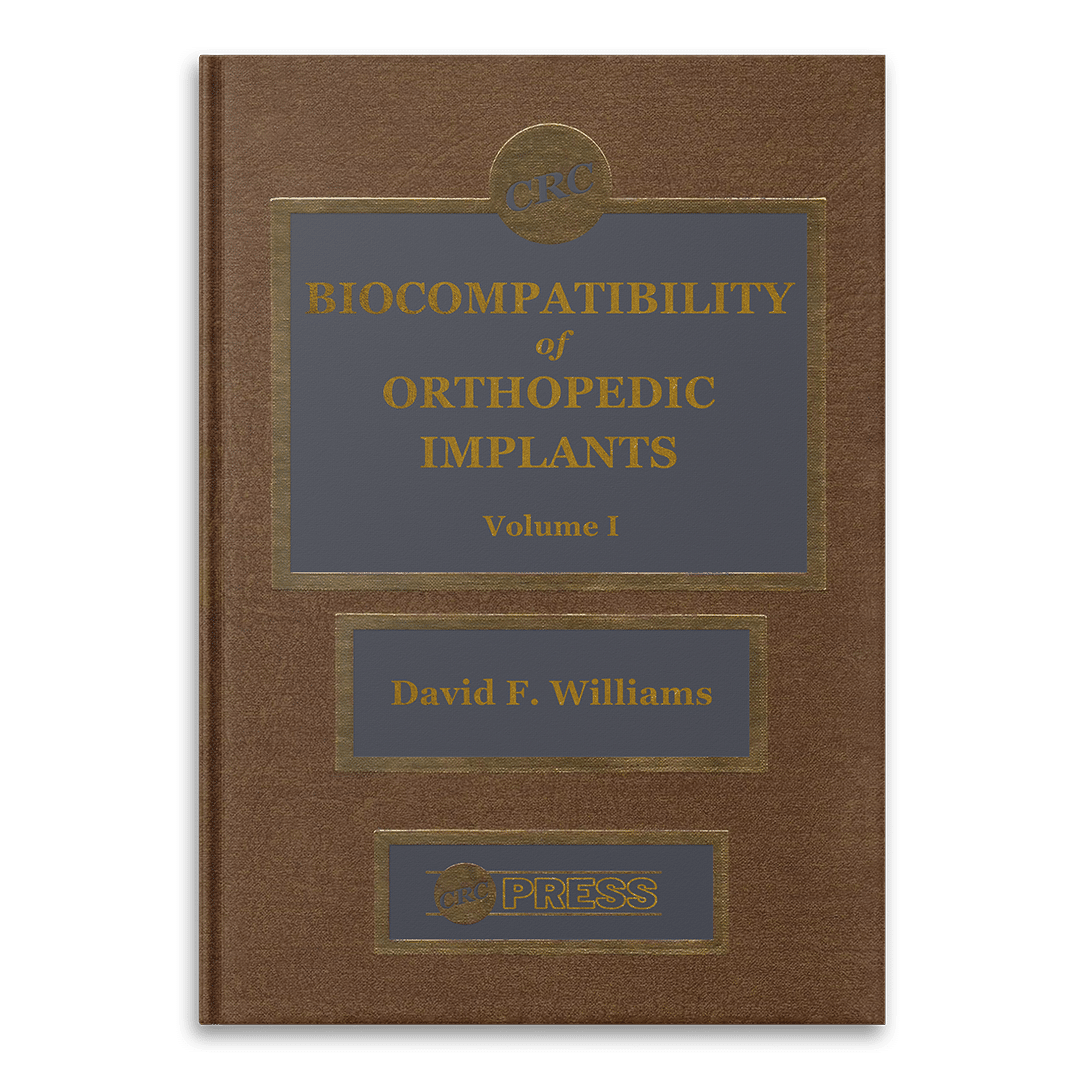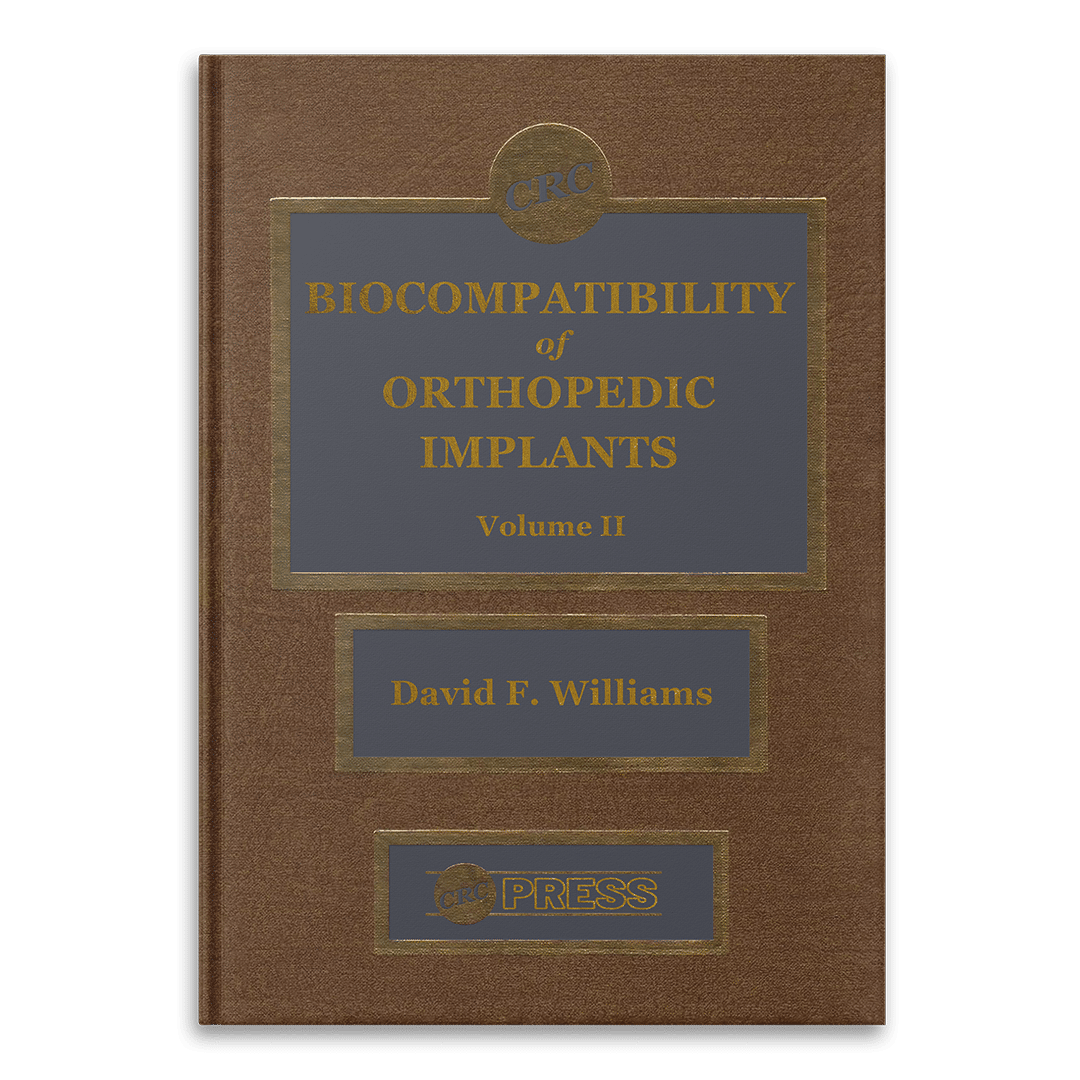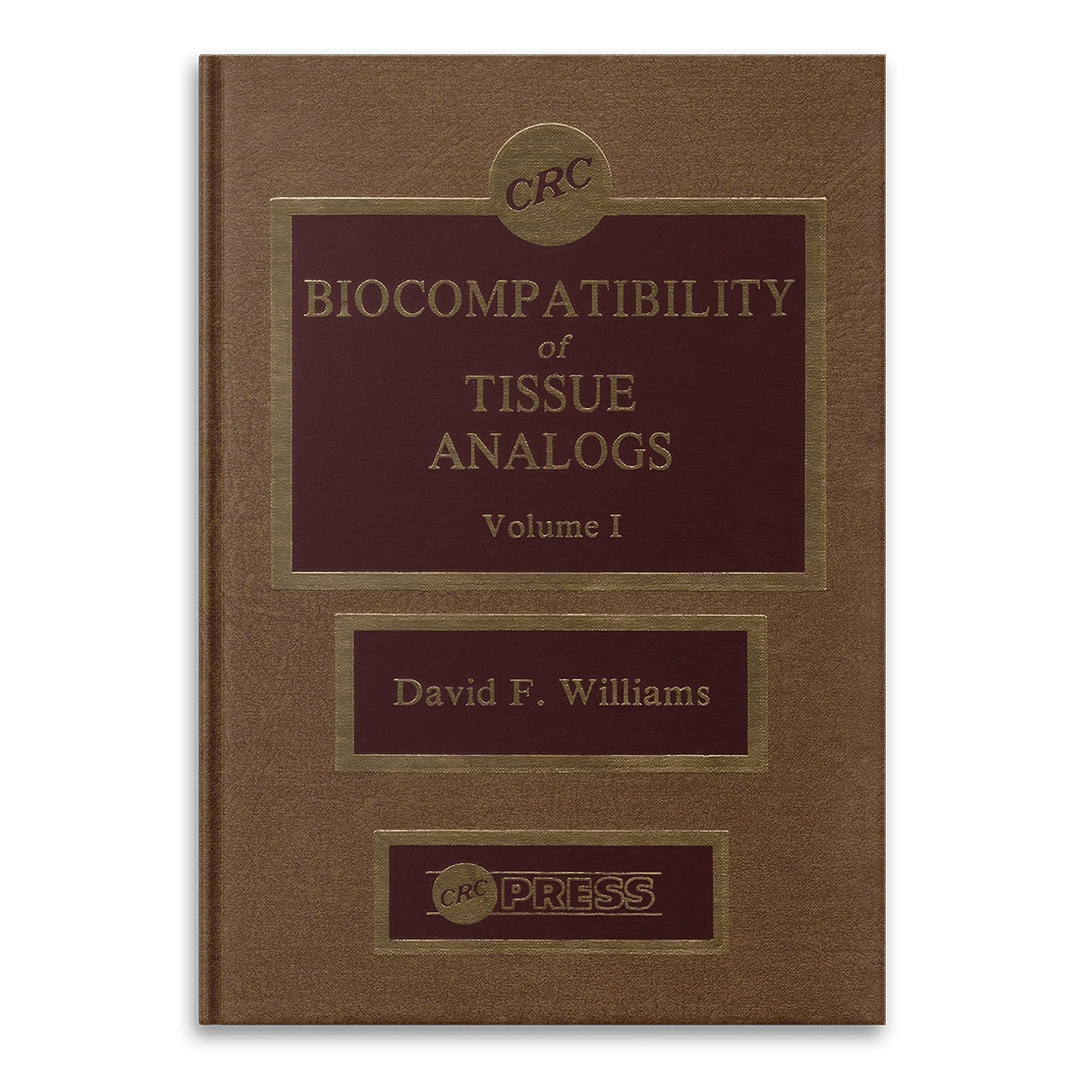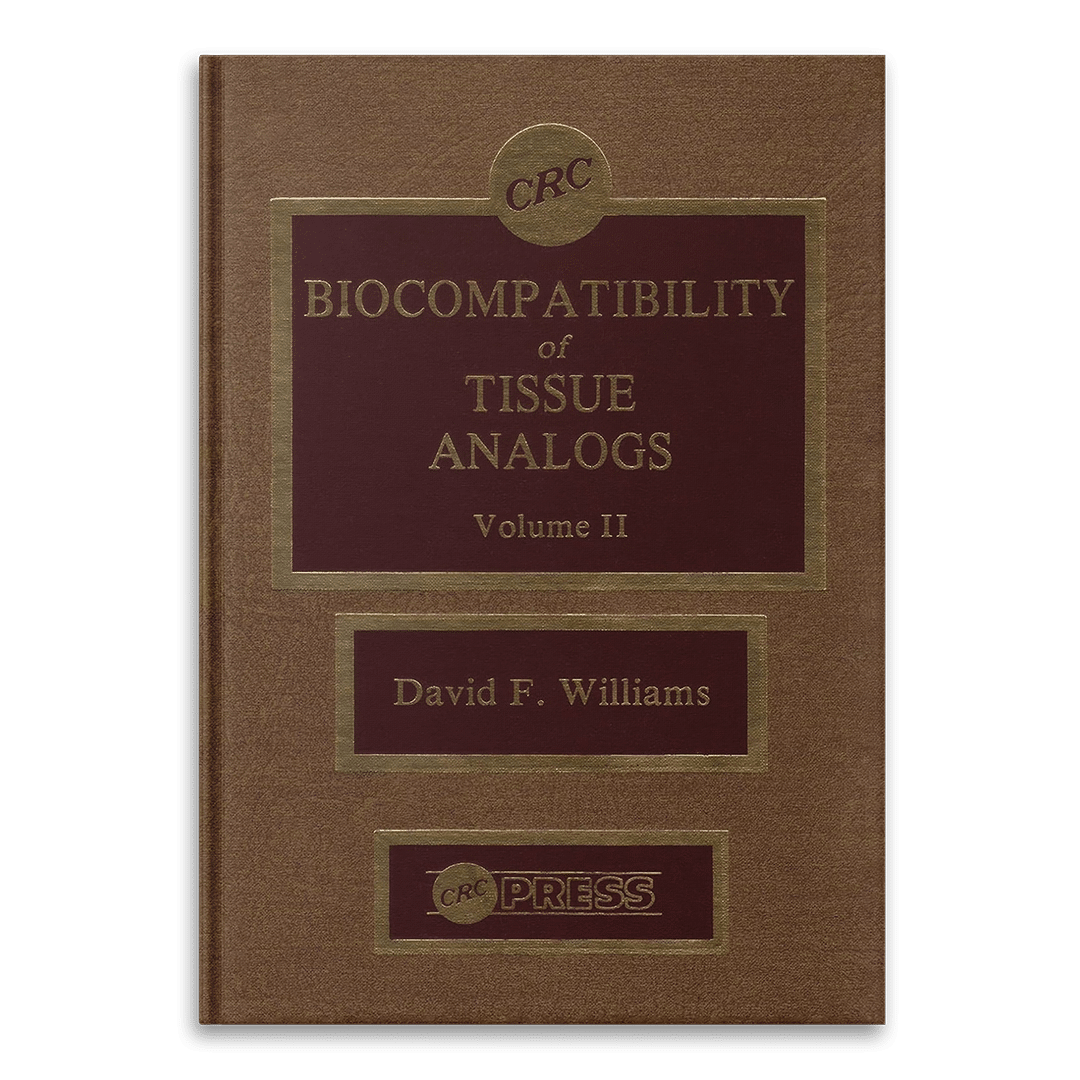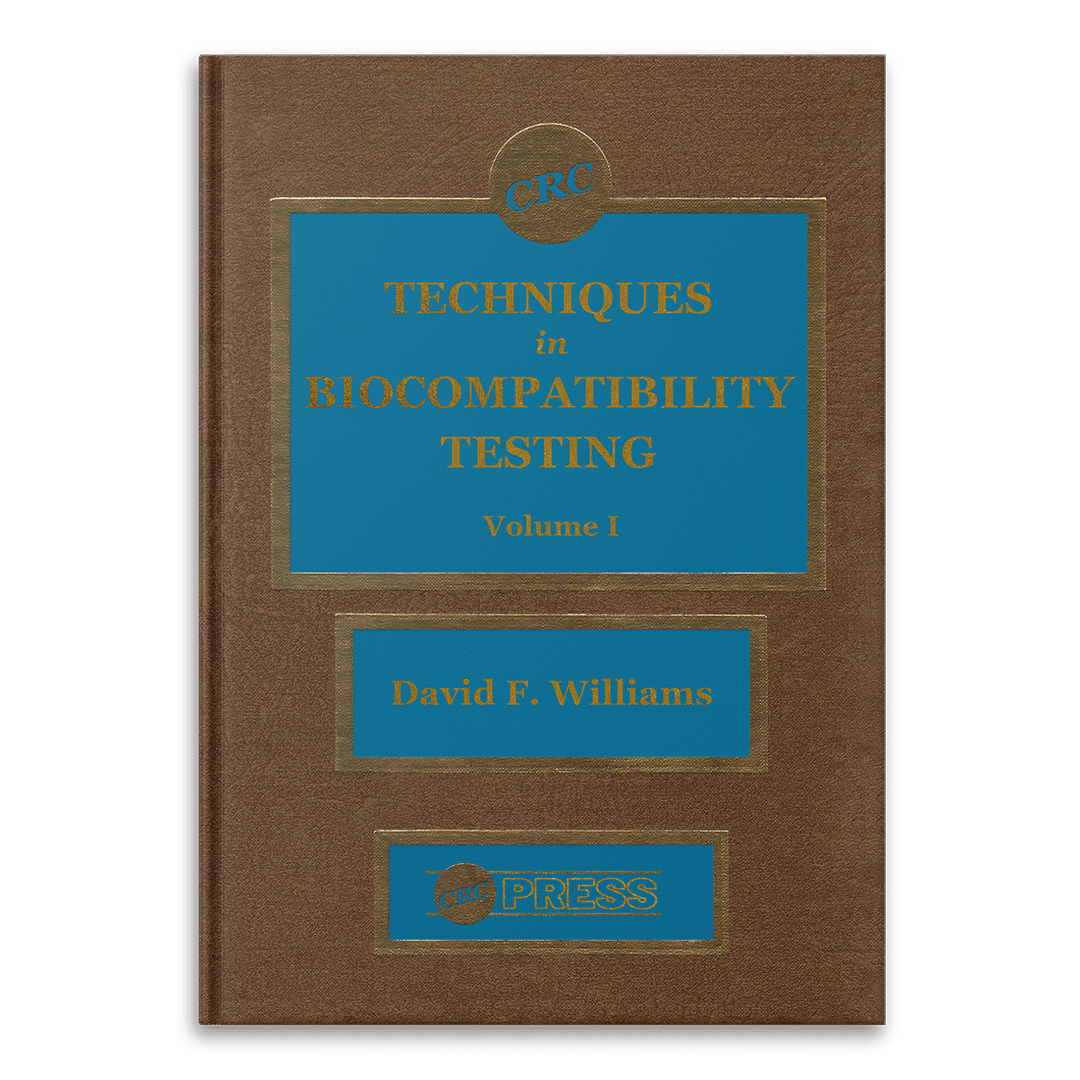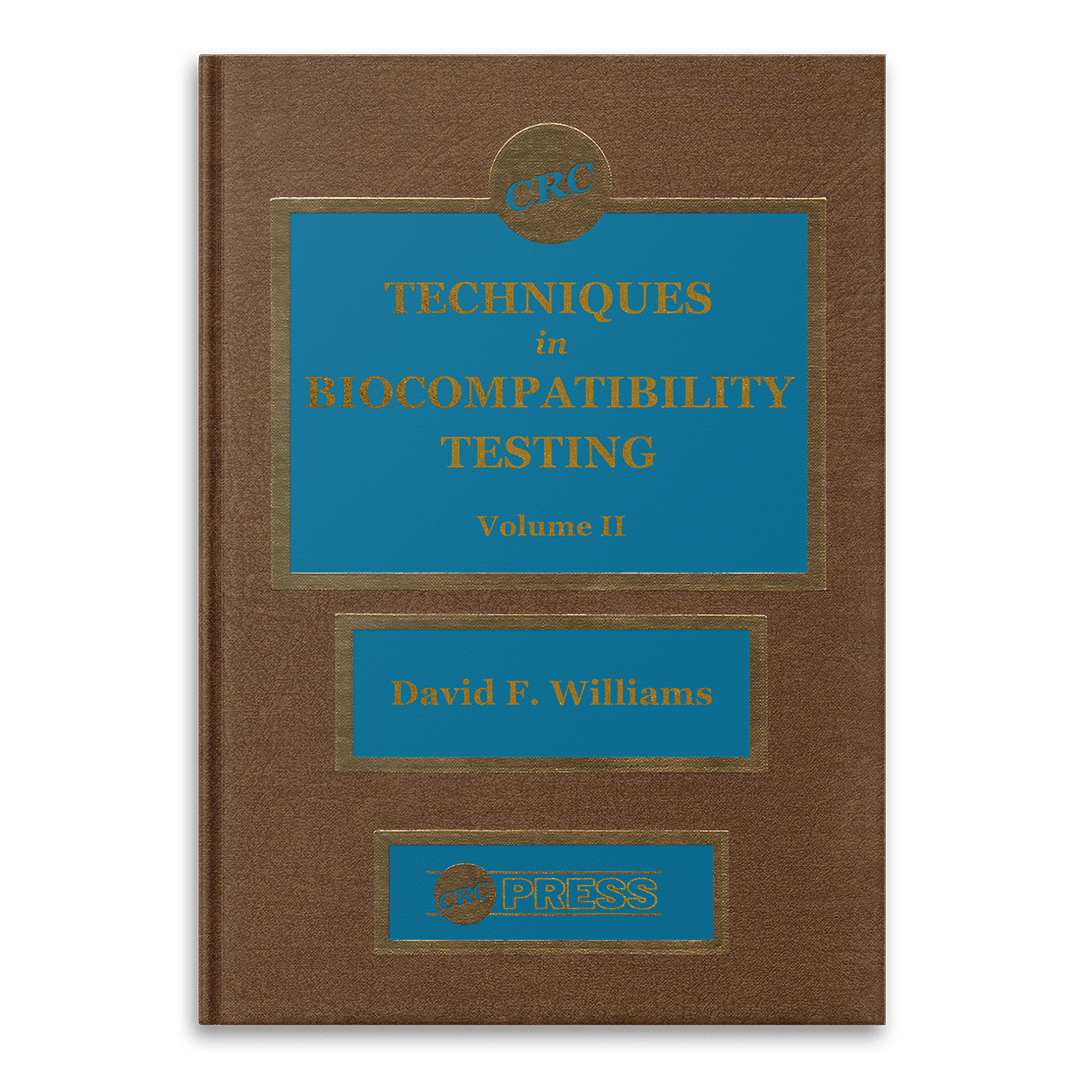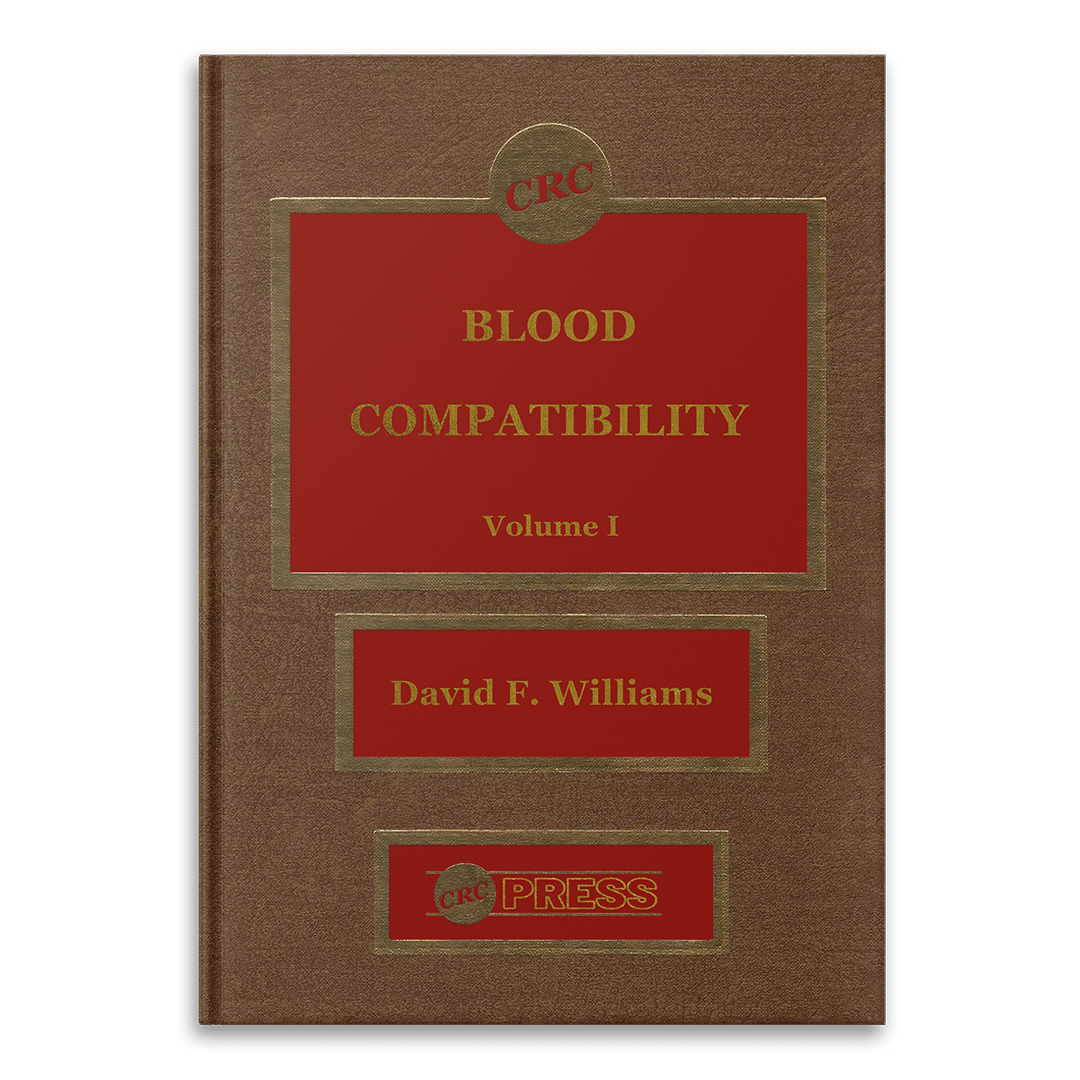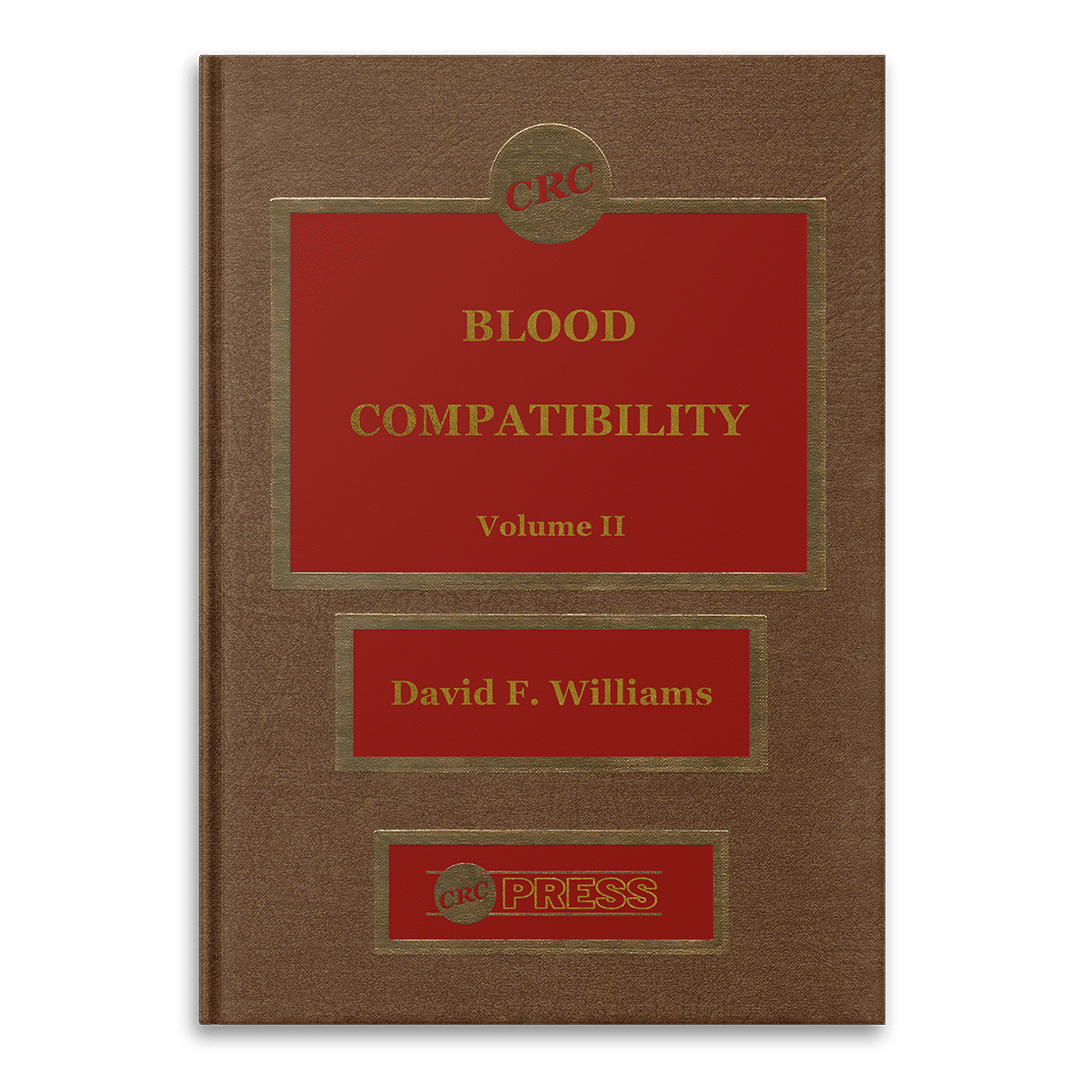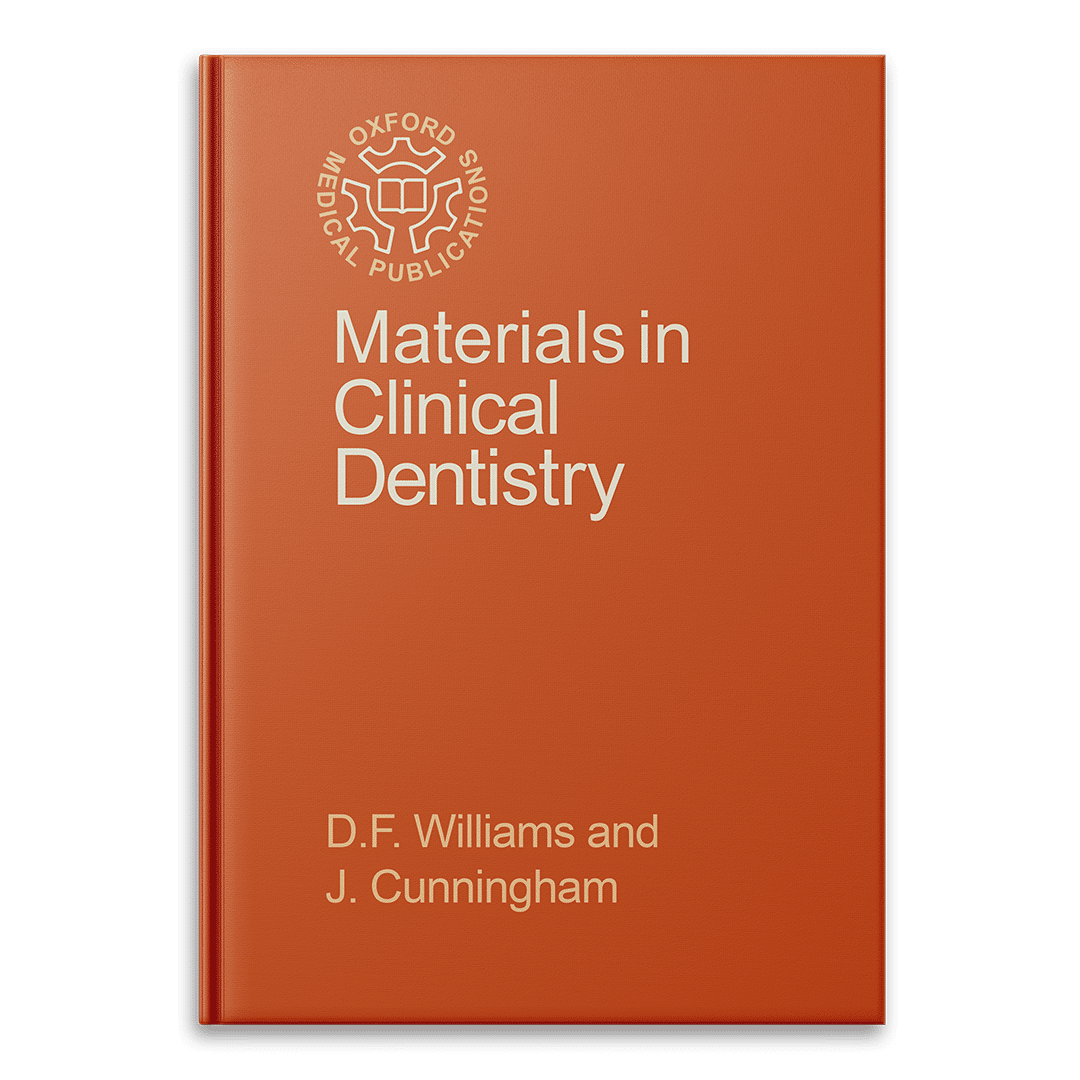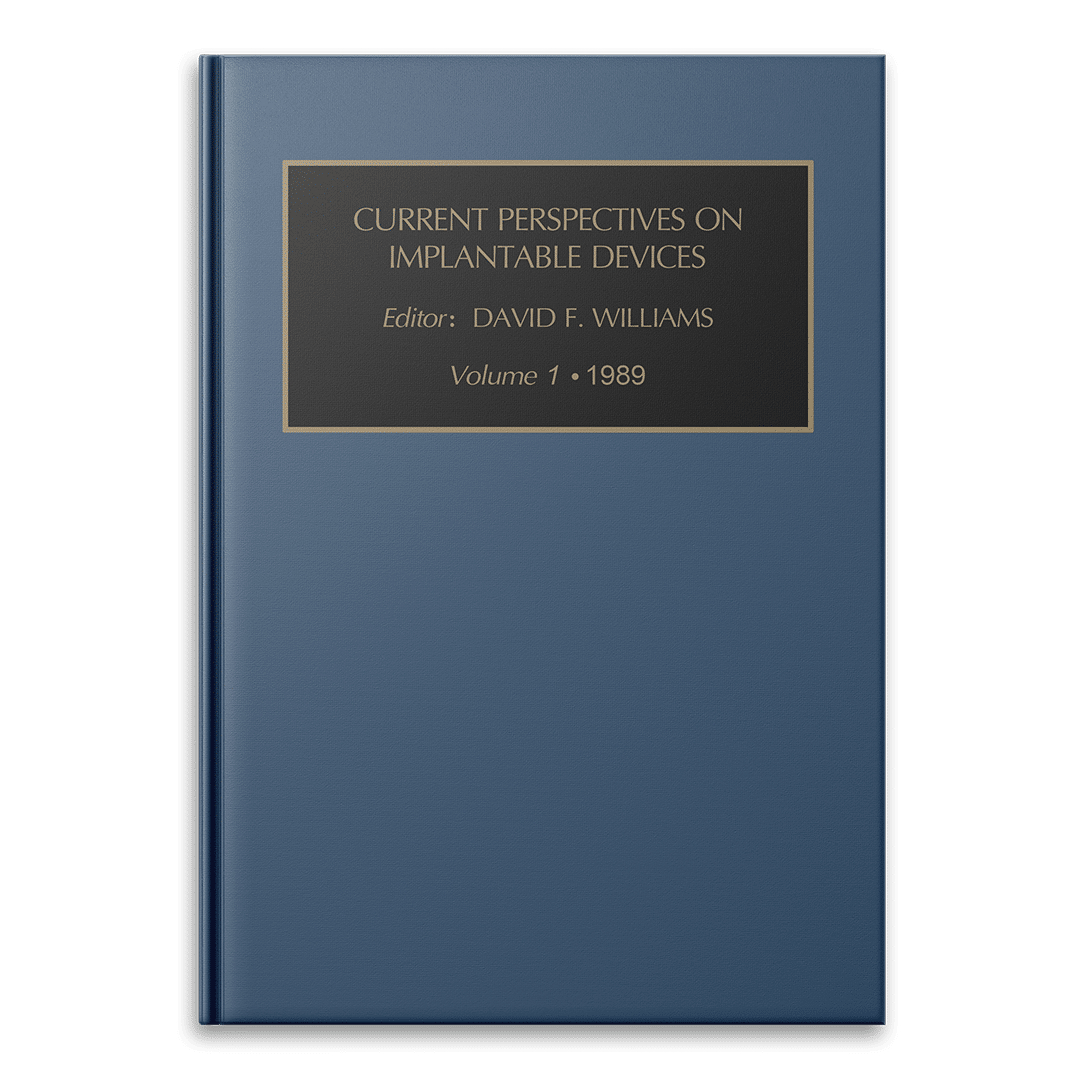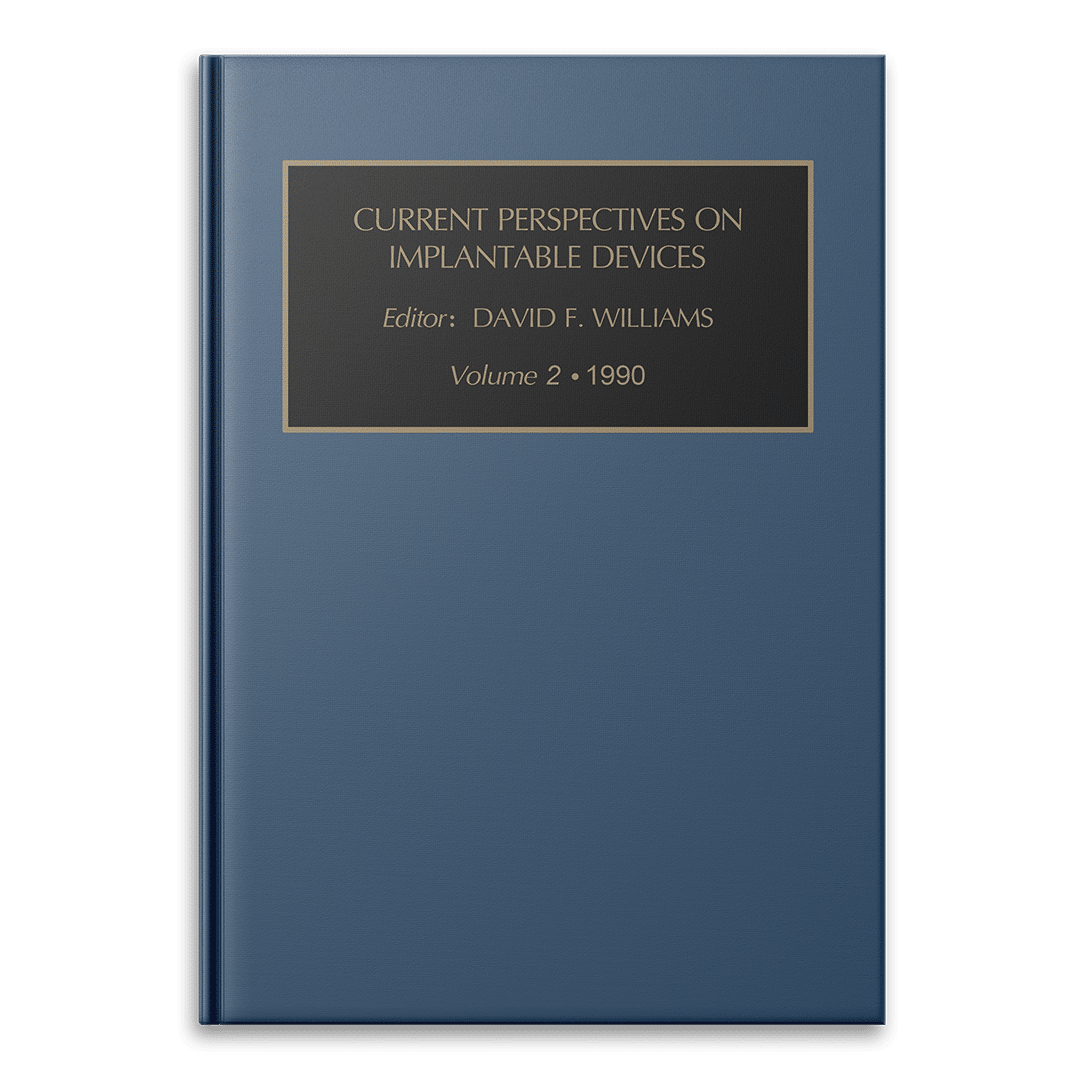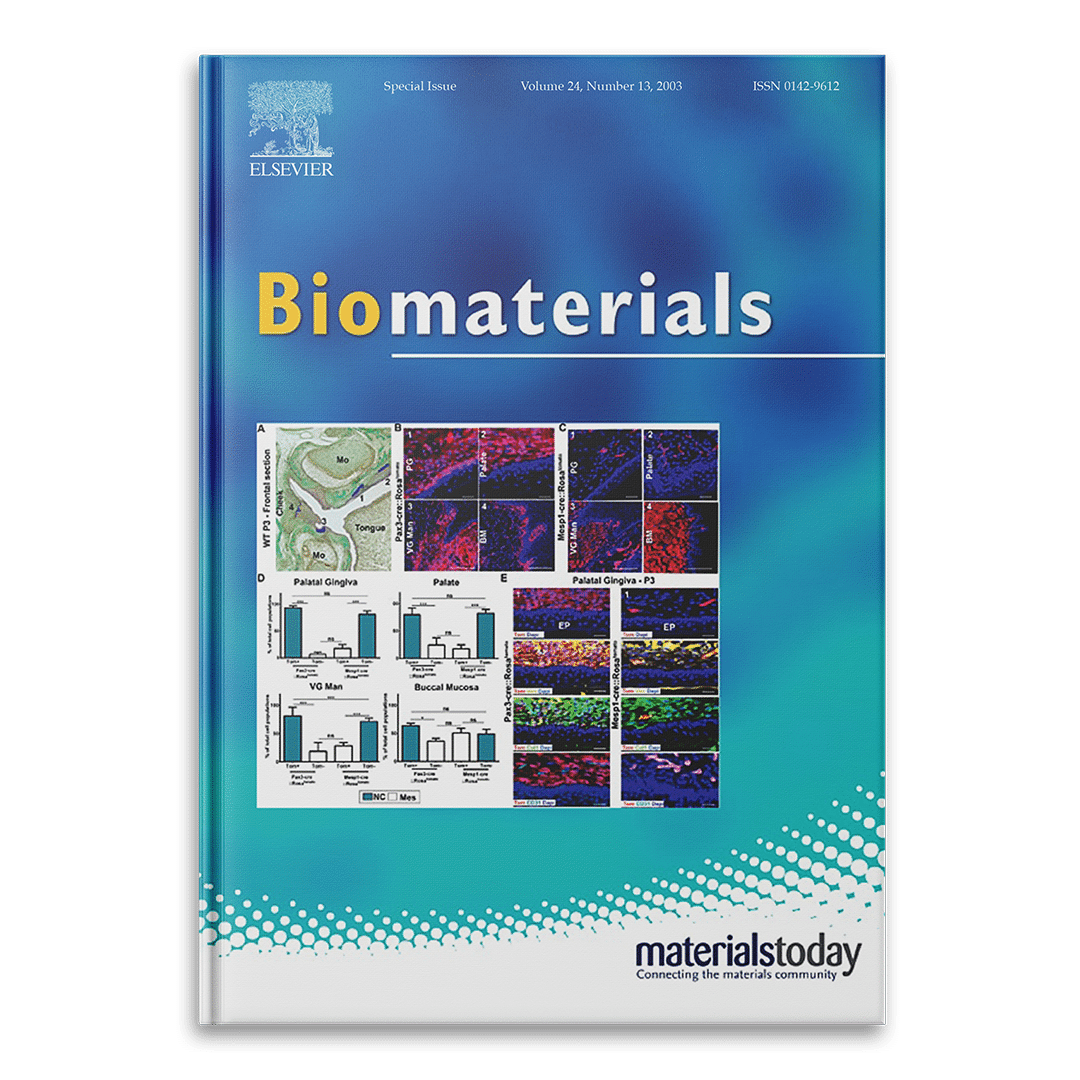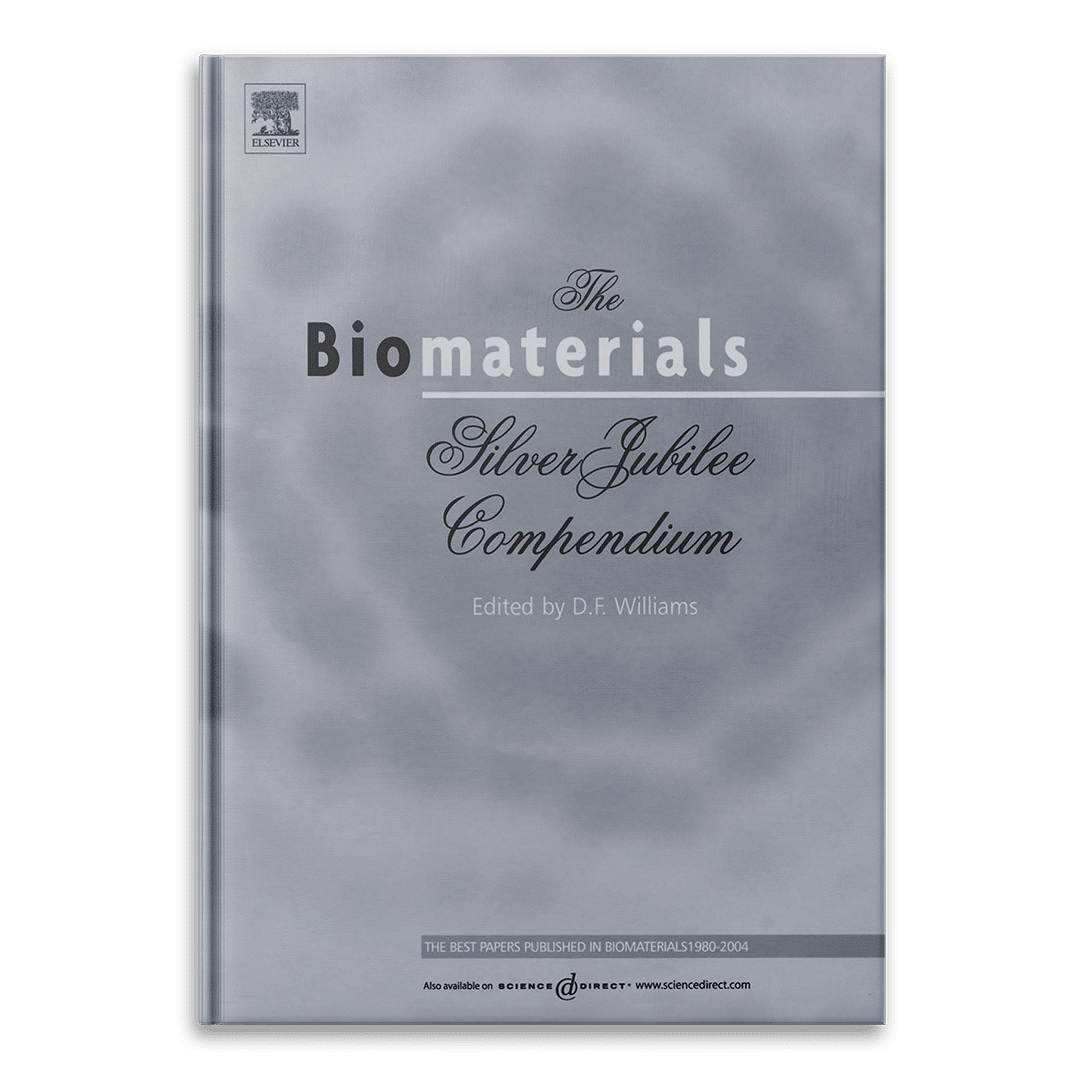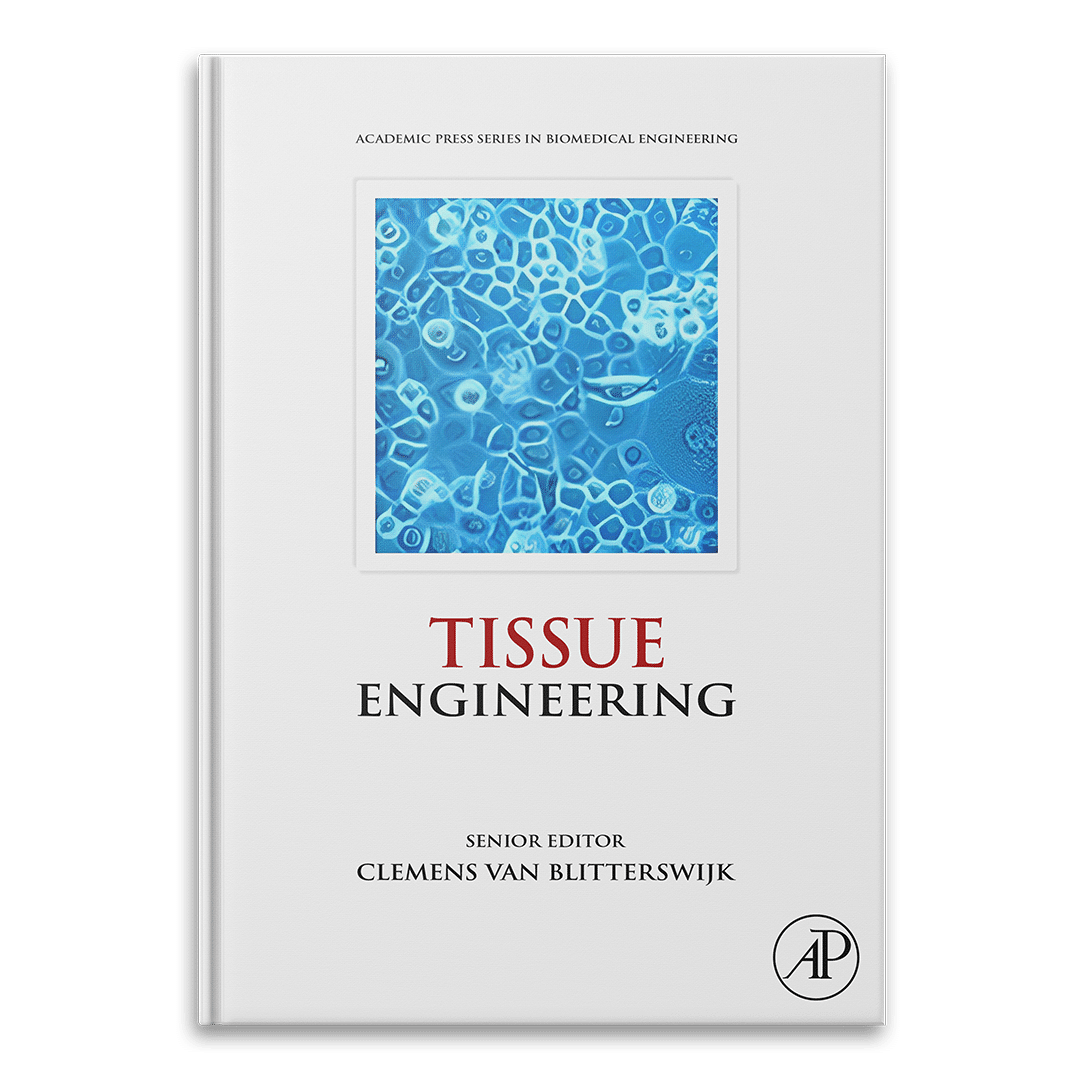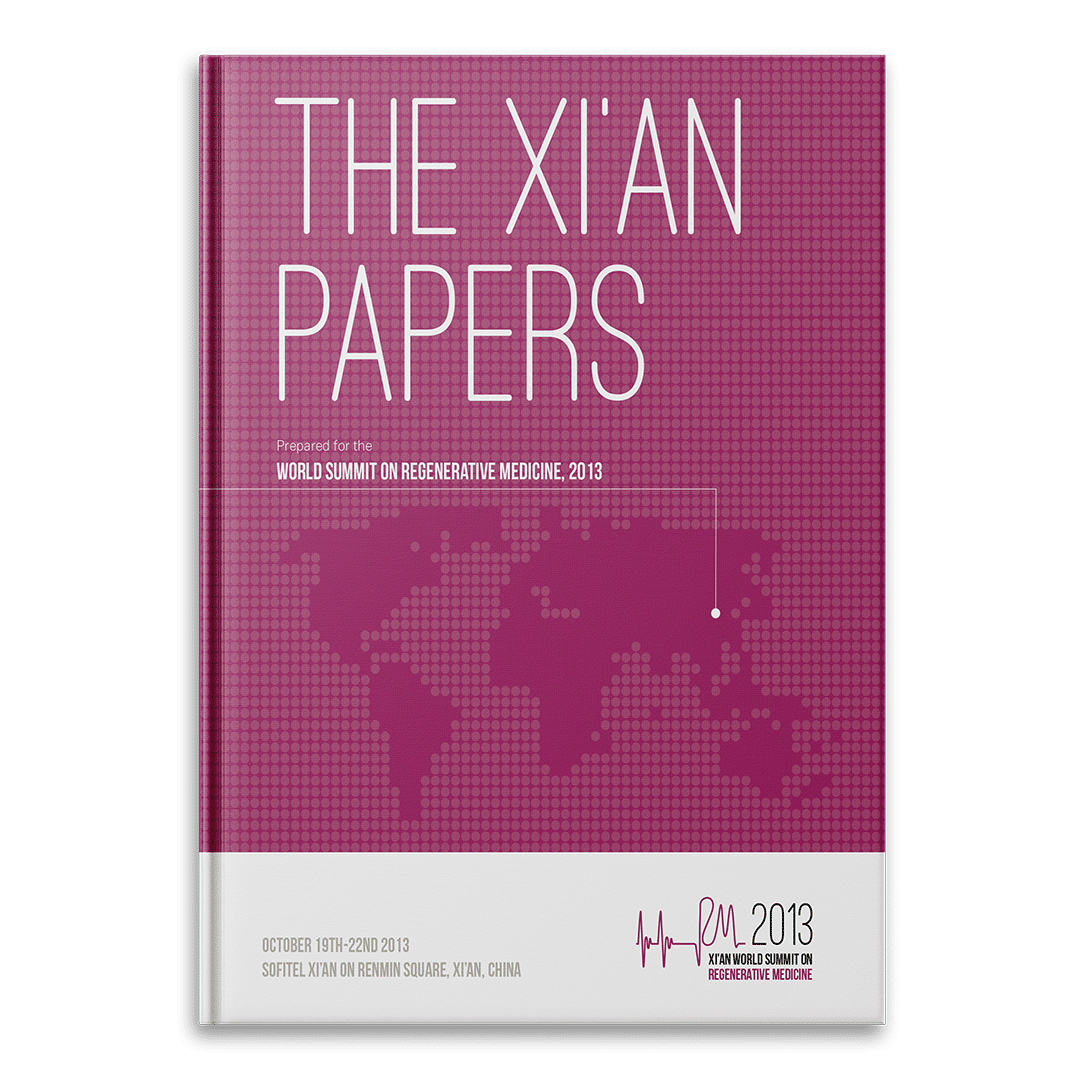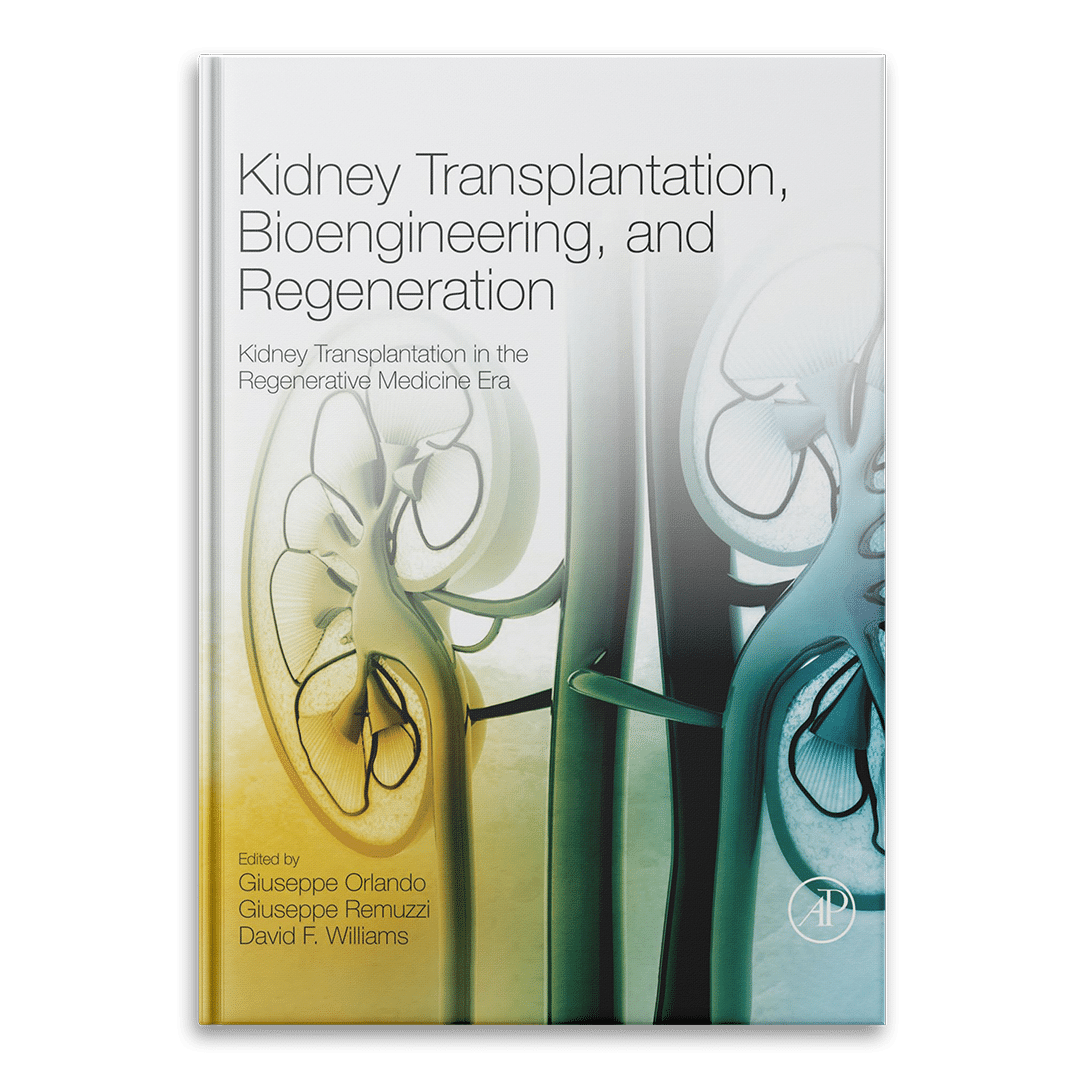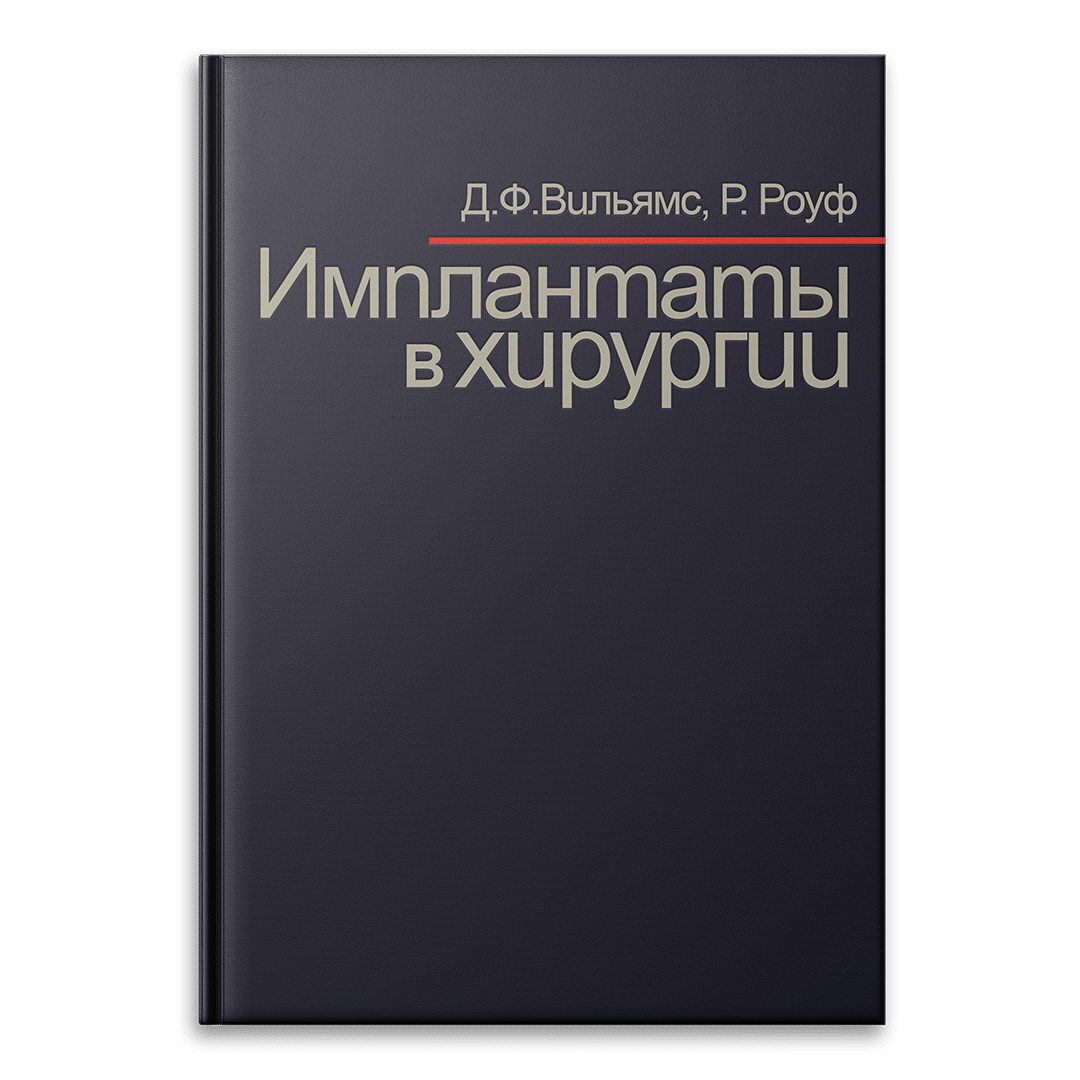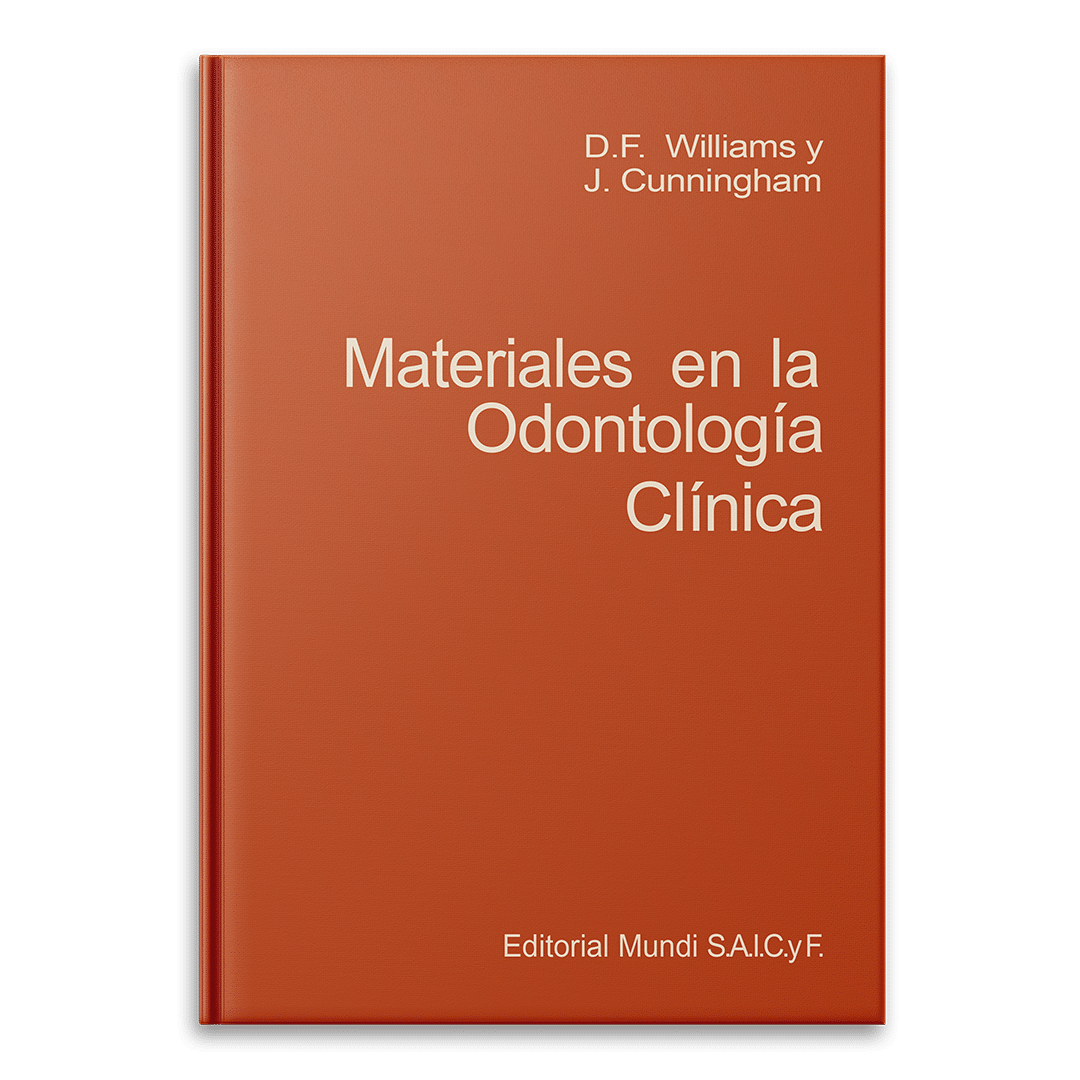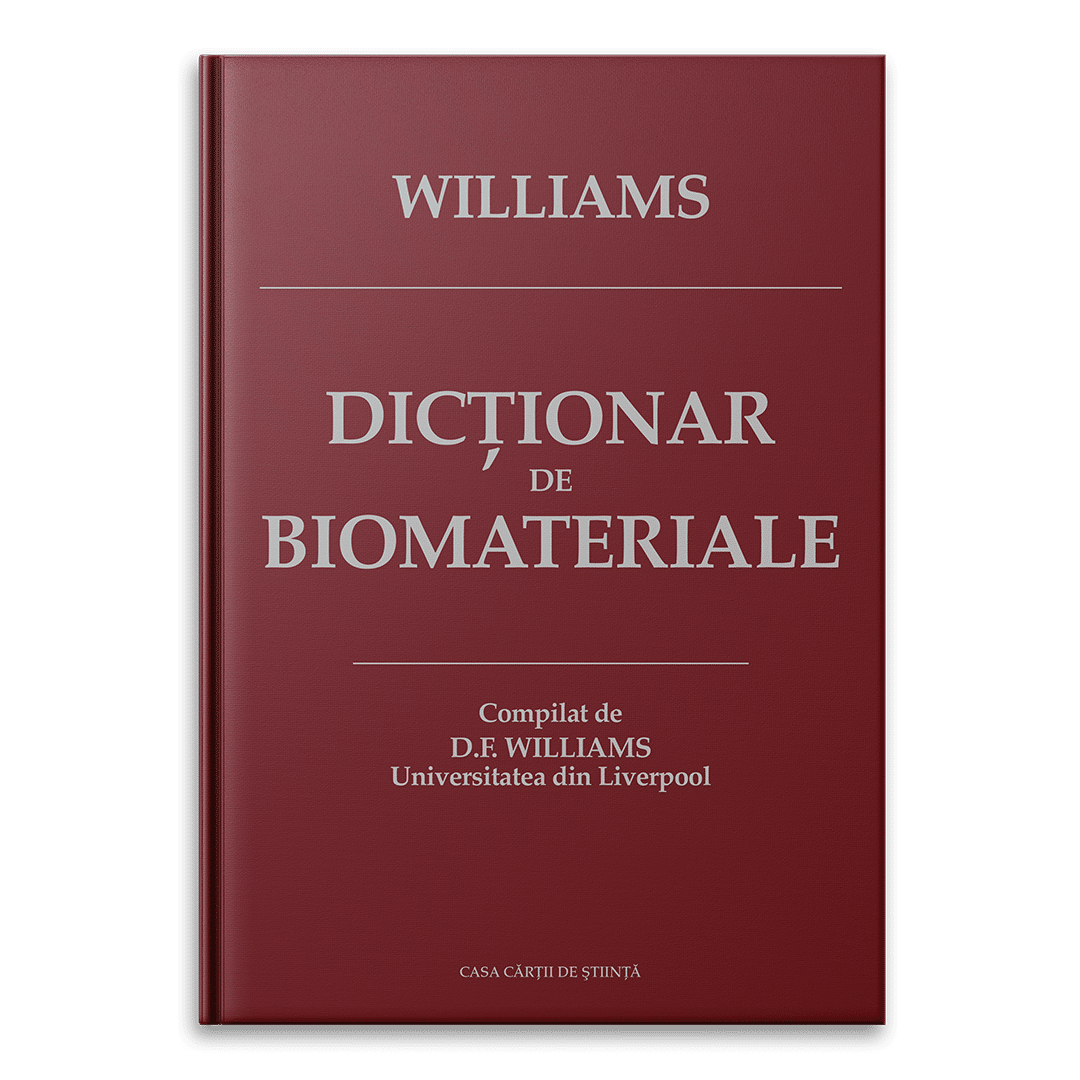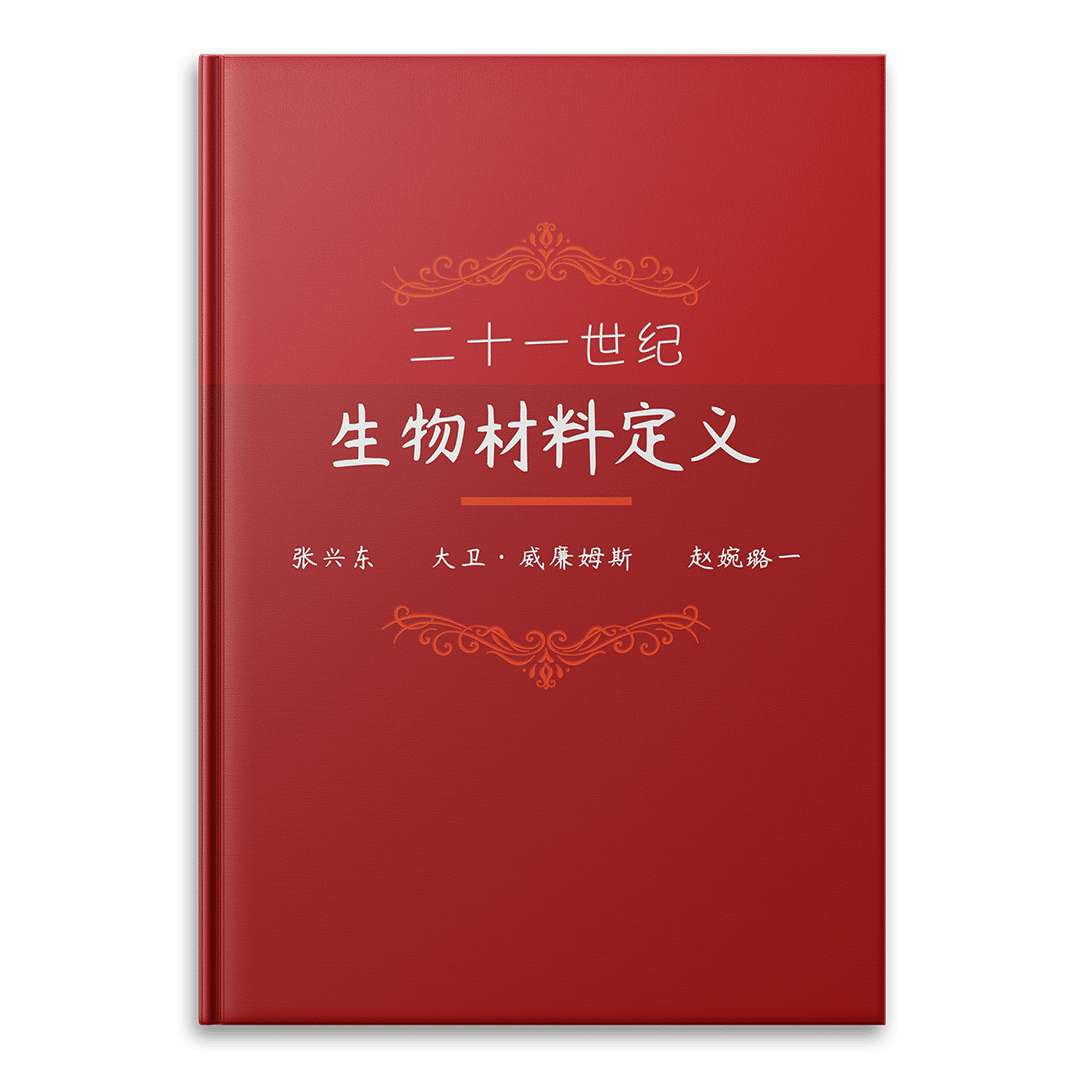Textbooks & Dictionaries
Groundbreaking Research & Scholarly Communication
Textbooks and Dictionaries
Written and Edited by David F Williams
Introduction
As I have indicated in ‘The Importance of the Written Word’, much of my professional life has been devoted to writing about biomaterials science. I am not sure that there is a well-defined generic hierarchy in such scientific writings, and the precarious state of the publishing industry makes value judgements difficult and unreliable. I have to say that original style of scientific papers in professionally edited journals are still probably at the top end, but they run the risk of being swamped by the mass market in commercially-oriented publications in which anything, of whatever quality, can get published somewhere.
Books, as opposed to journals and magazines, also have an important place, usually with far greater emphasis on educational objectives. There are, of course, many varieties of books ranging from textbooks to edited conference proceedings. I have been involved with a few of the latter variety in my career, but have declined invitations to produce such volumes over the last 20 years because of their limited value. If a scientist or clinician delivers a profound paper at a conference, it is much better for them to publish a full paper in a recognized journal than have their work buried in a poorly edited Proceeding. I much prefer books that are under the total control of an author or editor. I should explain my reasoning here.
A single-author comprehensive textbook is the most important. My first book, ‘Implants in Surgery’ came close to this description. The publisher understood what I was trying to achieve, but because I had little name-recognition, insisted that the very prominent clinical head of the department I was working in should be named as co-author. I happily took up this suggestion, even though I did virtually all of the writing. The next textbook on biomaterials science that I produced, ‘Essential Biomaterials Science’, was published 40 years later. It covered the whole field, written solely by myself with no editing / copy editing; it took five years to write, was under my control. Competition in this area of publishing were from various multi-author, multi- edited large collections; some were good, but with much overlap between different chapters and huge variations in style. These two books have been ‘the written words’ of which I have been most proud; one eminent reviewer kindly referred to them as the ‘book-ends’ of my career.
In between, I have written or edited many other volumes, and these are referenced in this section. One book that I was very happy with was ‘Materials in Clinical Dentistry’ written in conjunction with a clinical colleague in Liverpool; this didn’t gain much traction because there were few dental schools in the UK and the market was dominated by a couple of best-sellers written by Americans for American dental schools. On the other hand, the volumes in the CRC Series in Biocompatibility that I edited in the early 1980s did have a significant impact. I worked on these volumes over several years and invited many of the world’s leaders to contribute their opinions on this broad subject area; I chose, and edited, each chapter in each volume carefully and the series set me up as an authority in the field of biocompatibility. One reason for their success was the fact that there was no competition, unlike the dental materials textbook.
One of the formats of science writing which has suffered in popularity in recent years is that of the encyclopedia. Decades ago, I contributed to sections of medical device related encyclopedic volumes and edited some. I thought that they were helpful, but that was before the days of the internet. It is now possible to search for any particular topic and receive, often without charge, good relevant information, so that printed encyclopedias have very limited value; naturally we all have to be careful about misinformation, or incorrect information obtained in this way, but fact- checking is quite easy.
The same isn’t true for dictionaries, especially contextual dictionaries, since, in a simple format, they provide the essential meanings of words, without detailed descriptions of their usage. As a journal editor, I found that too many authors of scientific papers were using words incorrectly or out of context. I therefore compiled The Williams Dictionary of Biomaterials, first published in 1999; I believe that it is still useful, although the current meaning of some words should be up- dated. Perhaps of greatest significance are the volumes I have produced specifically dealing with the definitions of words used in biomaterials science. On entering this profession, I soon realized that there were no readily accepted definitions of even the basic terms that we used, such as ‘biomaterial’, ‘biocompatibility’ and ‘bioceramic’. Under the auspices of the European Society for Biomaterials, I organized a consensus conference to address this deficiency, inviting many of the world’s leading biomaterials scientists to attend a meeting in Chester, UK, with an attempt to reach consensus about the most important definitions. This was very successful, and the discussions and agreed definitions were published in a volume ‘Definitions in Biomaterials’ in 1987. Some of the definitions generated and approved during that meeting have been incorporated into many formal documents, including international standards and publications of governmental bodies; the definition of biocompatibility has been universally adopted. Some 30 years after the Chester conference, I was approached by Prof Xingdong Zhang of Chengdu, China, to see if I would help in producing an updated version. I agreed, and, using a similar type of format, we produced a volume of definitions, ‘Definitions of Biomaterials for the Twenty-first Century’, in 2019.
As final comments here, I can again refer to the changing scene in publishing, both scientific and otherwise. My latest contribution, Kidney Transplantation, Bioengineering and Regeneration, written and edited by myself in collaboration with two eminent Italian scientist-surgeons, Giuseppe Orlando and Giuseppe Remuzzi, was published in 2017. It was a massive effort and found a unique place in transplantation literature, but it will not sell well, nor be extensively cited. Individual chapters can be accessed and bought on-line, so that the architecture and coordination of the book itself will not be obvious. I will not publish in this format again; I do not need it for my CV, and I would rather make my writing freely available to those interested. This is why the treatise I am currently working on, ‘Reconstructing The Body: The Science, Spirituality and Culture’ is presented in this website. About half of this is complete, the rest of the sections will be uploaded as soon as they are ready. Writing and ‘publishing’ in this way has given me a great sense of freedom. It is unlikely that any major publisher would have been interested in this as a stand-alone book; I have not had to be concerned with contracts and royalty negotiations, nor with reviewers and editors. I have adapted the same approach to publishing poetry; I dabbled a little in submitting poems to competitions but found this to be an impersonal and unsatisfactory process. Most of my poetry collection in the Poetry & Art section will not be published in conventional outlets; they are here to be read.
As a final, final, comment, I should add that a few of my publications have been translated, into Russian, Spanish, Chinese and Romanian; it has been a very nice experience to see these in print.
Explore My Collection of Textbooks and Dictionaries
Biomaterials Essentials Collection
Implants in Surgery
Definitions in Biomaterials
The Williams Dictionary of Biomaterials
Concise Encyclopedia on Medical and Dental Materials
Essential Biomaterials Science
Definitions in Biomaterials for the Twenty-First Century
Materials Science and Technology: A Comprehensive Treatment
Medical and Dental Materials - Volume 14
CRC Series in Biocompatibility
Fundamental Aspects of Biocompatibility, Vol. I
Fundamental Aspects of Biocompatibility, Vol. II
Systemic Aspects of Biocompatibility, Vol. I
Systemic Aspects of Biocompatibility, Vol. II
Biocompatibility in Clinical Practice, Vol. I
Biocompatibility in Clinical Practice, Vol. II
Biocompatibility in Dental Materials, Vol. I
Biocompatibility in Dental Materials, Vol. II
Biocompatibility in Dental Materials, Vol. III
Biocompatibility in Dental Materials, Vol. IV
Biocompatibility of Clinical Implant Materials, Vol. I
Biocompatibility of Clinical Implant Materials, Vol. II
Biocompatibility of Orthopedic Implants, Vol. I
Biocompatibility of Orthopedic Implants, Vol. II
Biocompatibility of Tissue Analogs, Vol. I
Biocompatibility of Tissue Analogs, Vol. II
Techniques in Biocompatibility Testing, Vol I
Techniques in Biocompatibility Testing, Vol II
Blood Compatibility, Vol. I
Blood Compatibility, Vol. II
Dental Collection
Concise Encyclopedia on Medical and Dental Materials
Materials in Clinical Dentistry
Materials Science and Technology: A Comprehensive Treatment
Medical and Dental Materials - Volume 14
Biocompatibility in Dental Materials, Vol. I
Biocompatibility in Dental Materials, Vol. II
Biocompatibility in Dental Materials, Vol. III
Biocompatibility in Dental Materials, Vol. IV
Special Interests
Current Perspectives in Implantable Devices, Vol. I
Current Perspectives in Implantable Devices, Vol. II
Focus on Biomaterials Science in Asia
D. F. Williams, P. O’Donnell and Y. Leng (Editors)
The Biomaterials Silver Jubilee Compendium
Tissue Engineering
The Xi’an Papers
Kidney Transplantation, Bioengineering and Regeneration
Translations
Имплантаты В Хирургии
Materiales en Odontología Clínica
MATERIALS IN CLINICAL DENTISTRY, Spanish Translation, Editorial Mundi S.A.I.C.Y.F., 1982, pp. 376
Williams Dicționar de Biomateriale
WILLIAMS DICTIONARY OF BIOMATERIALS, Romanian Translations, Liverpool University Press, 1999, pp. 350

